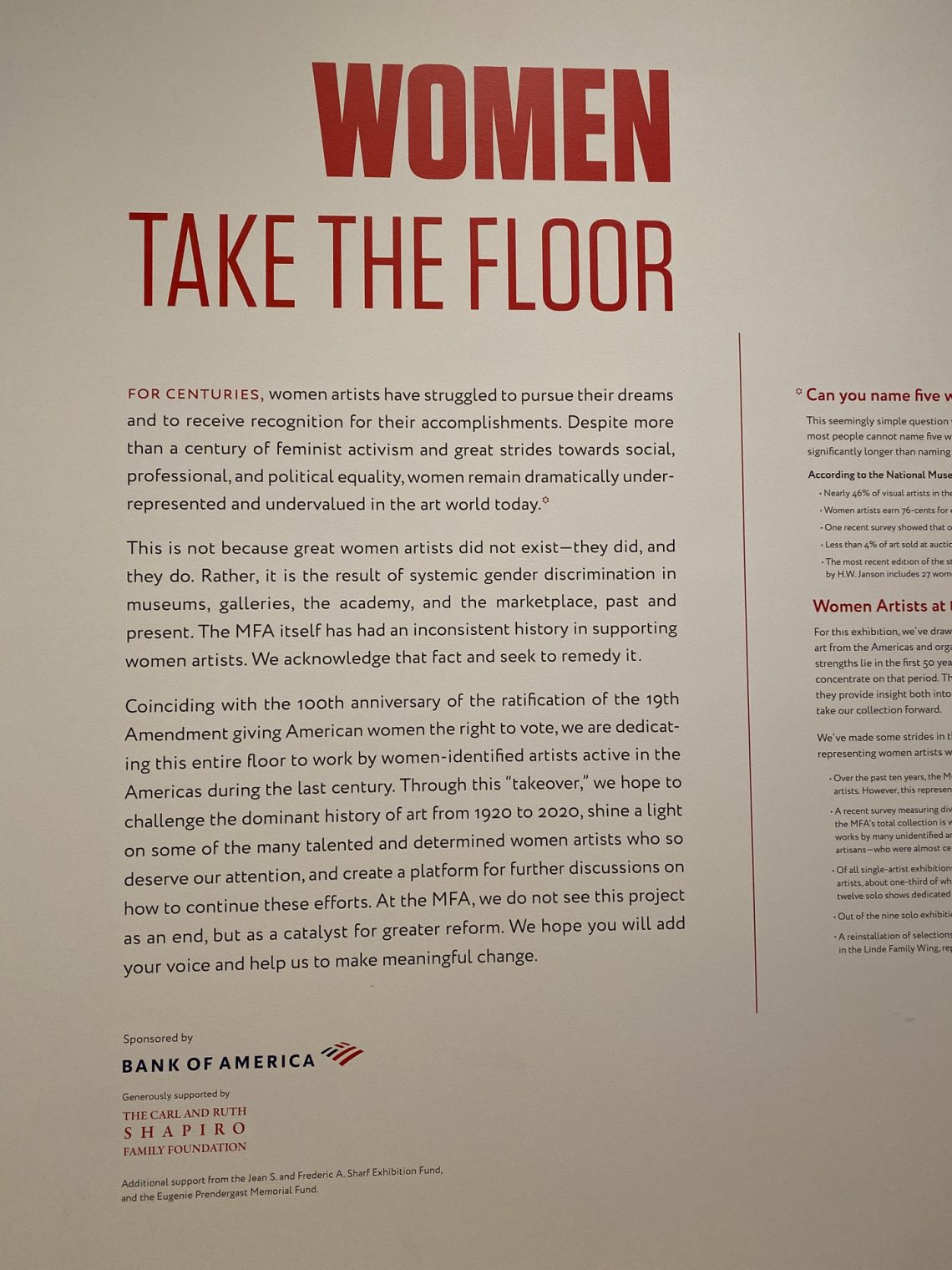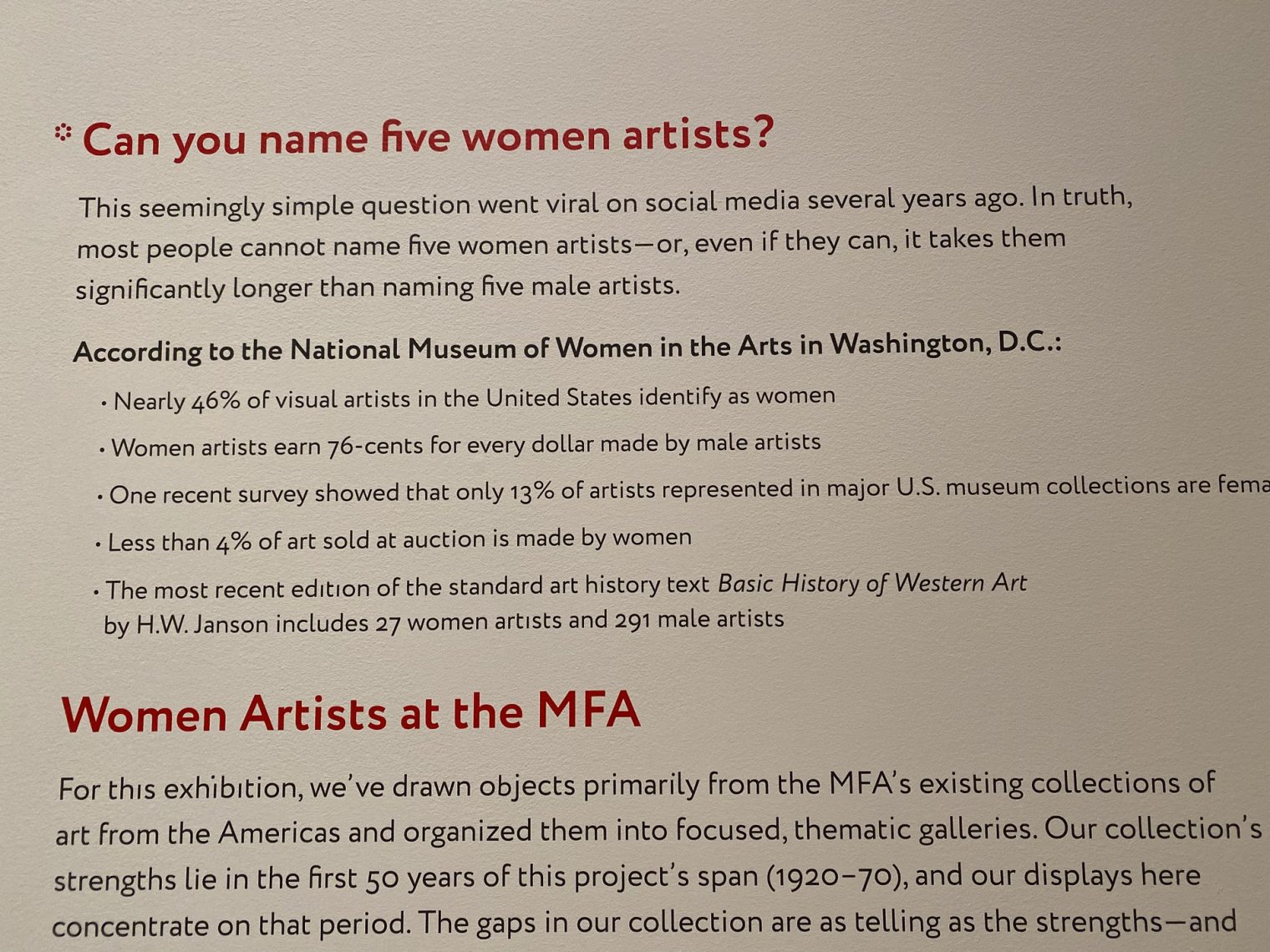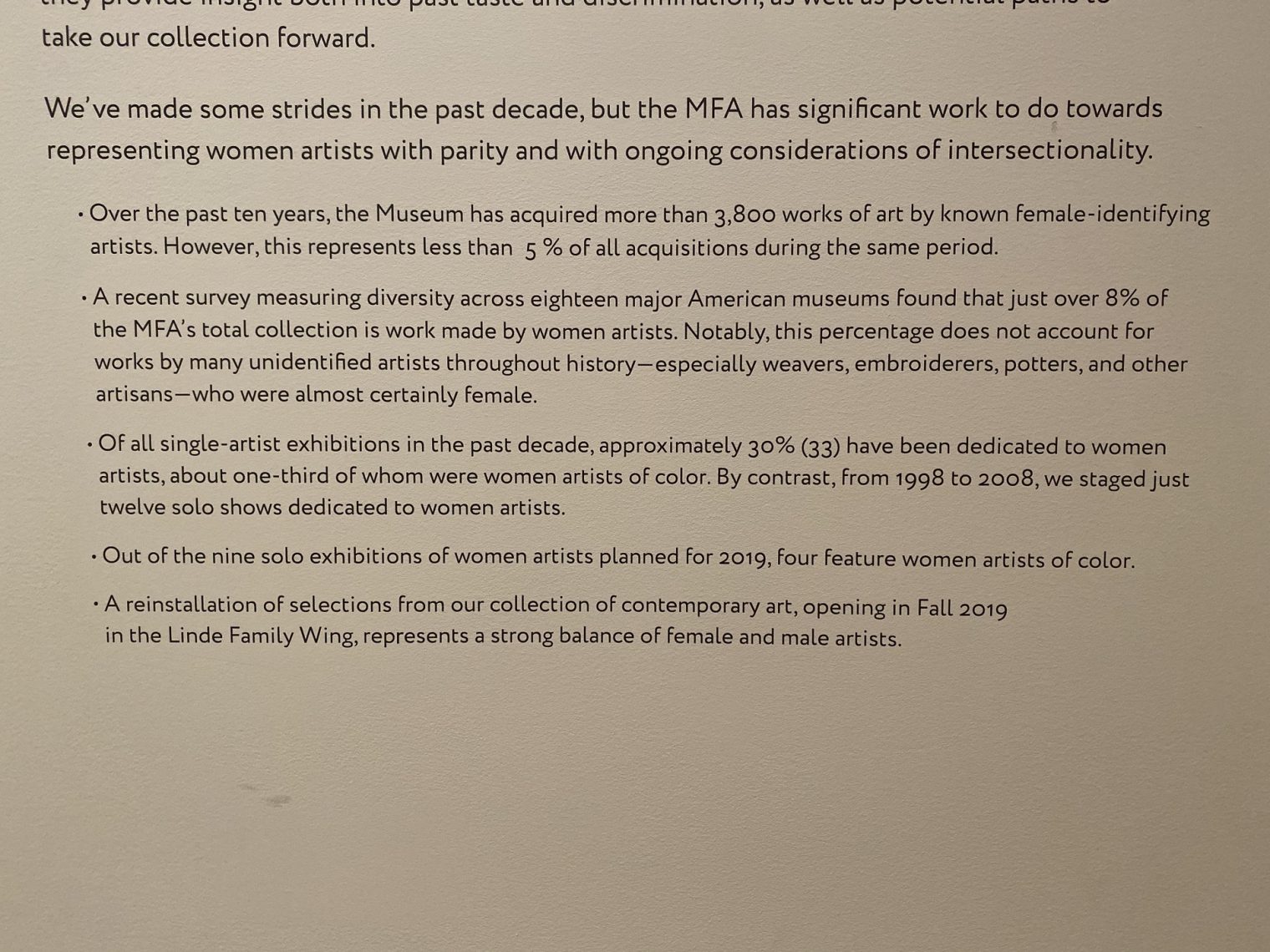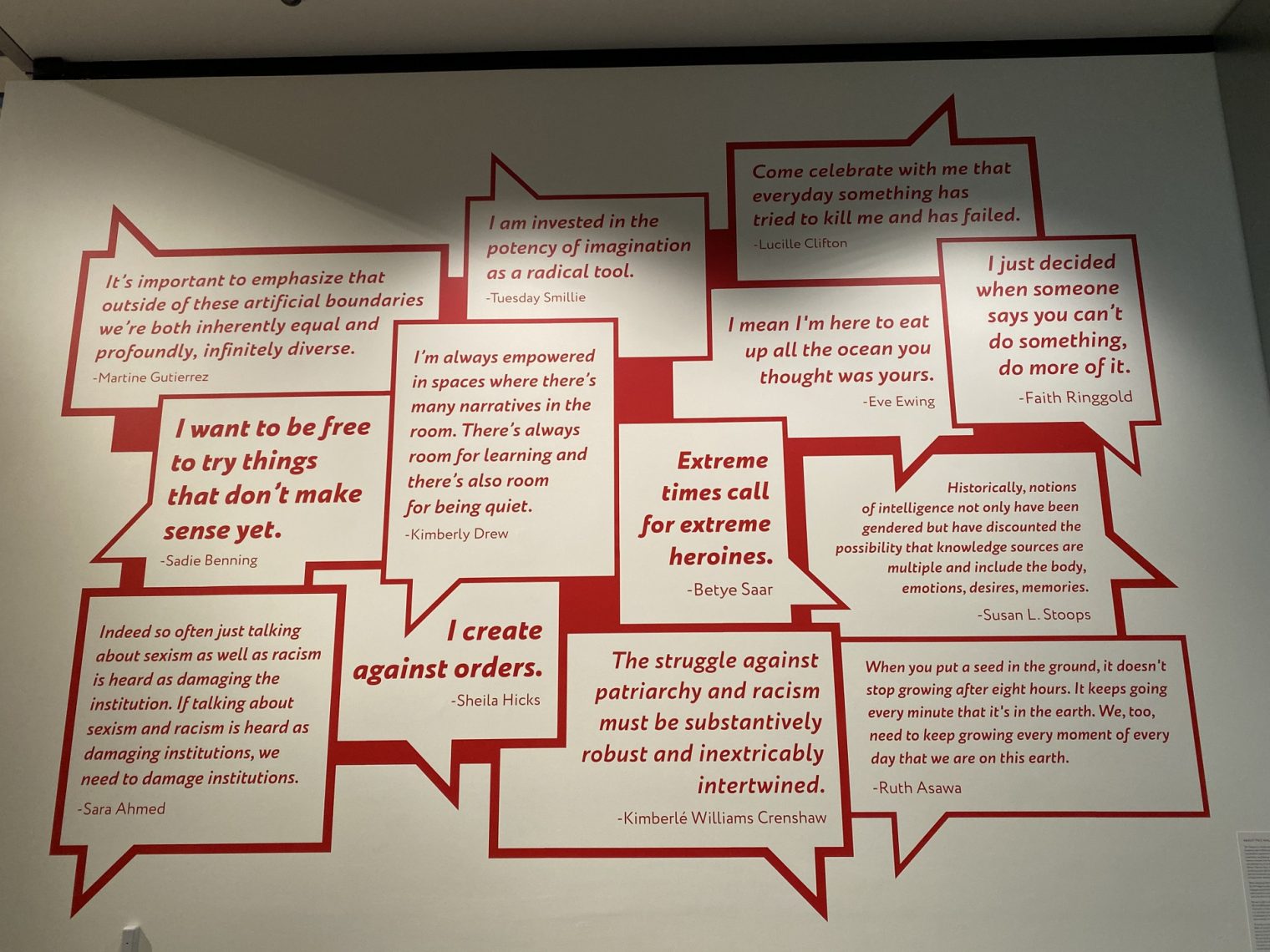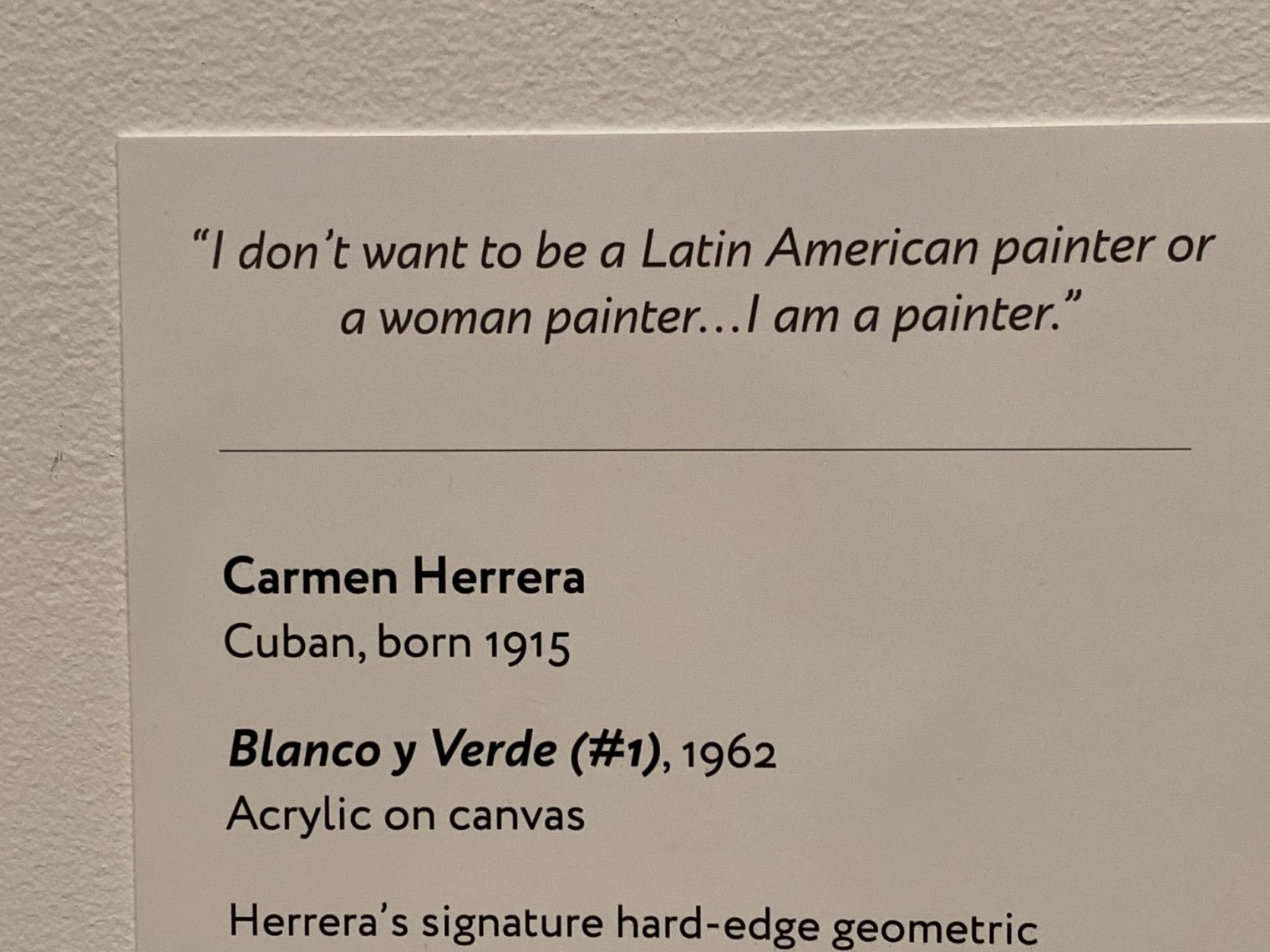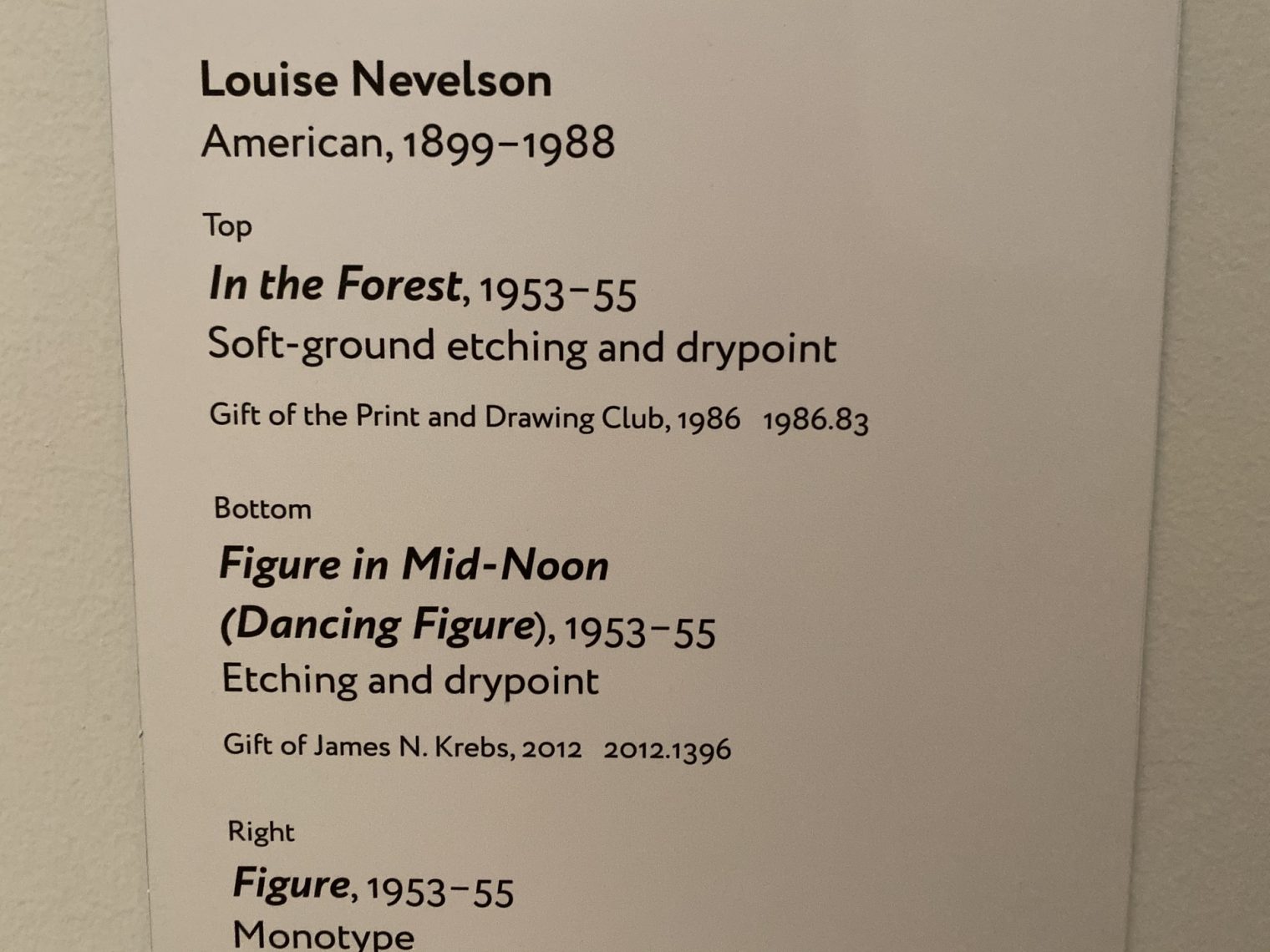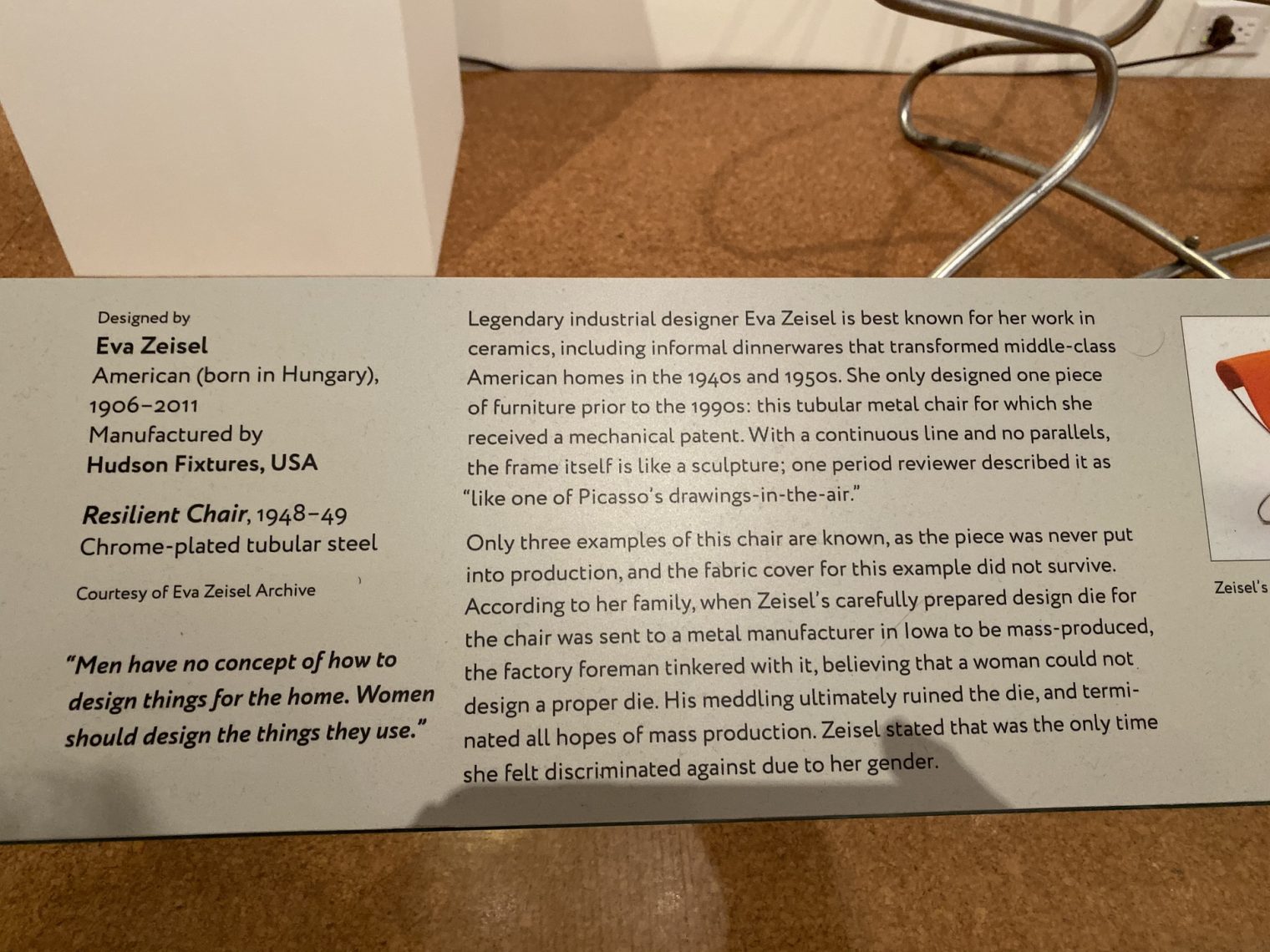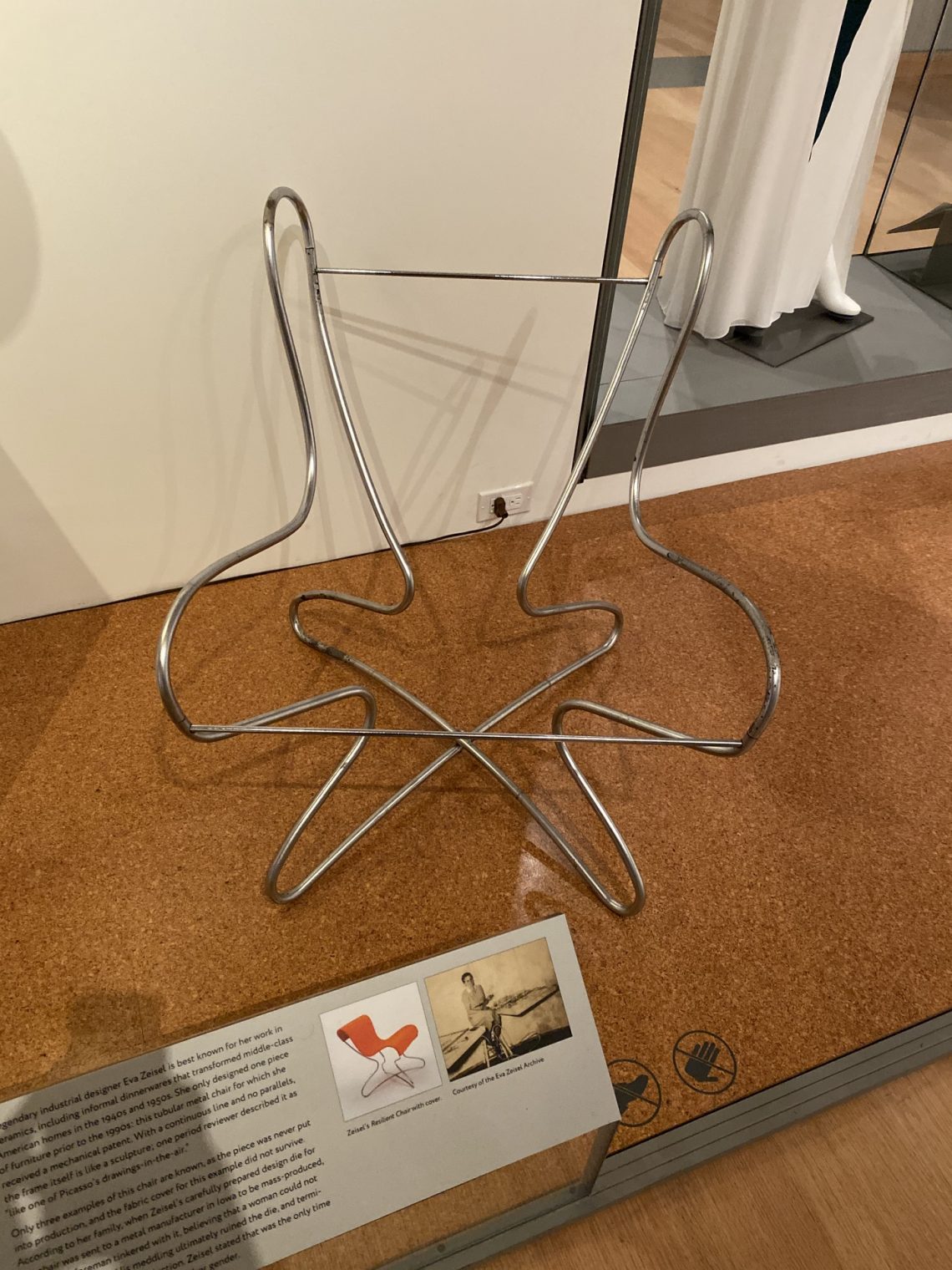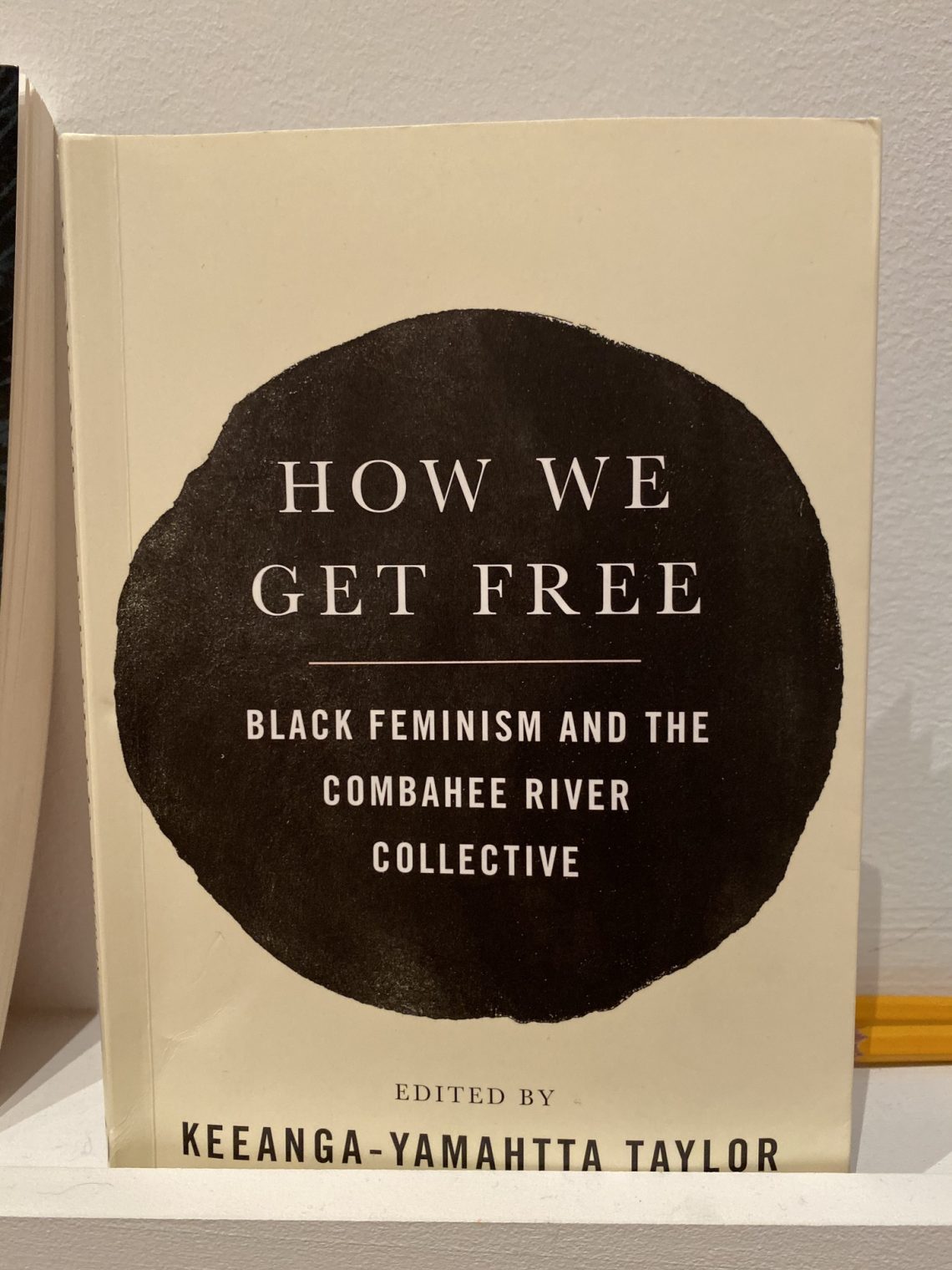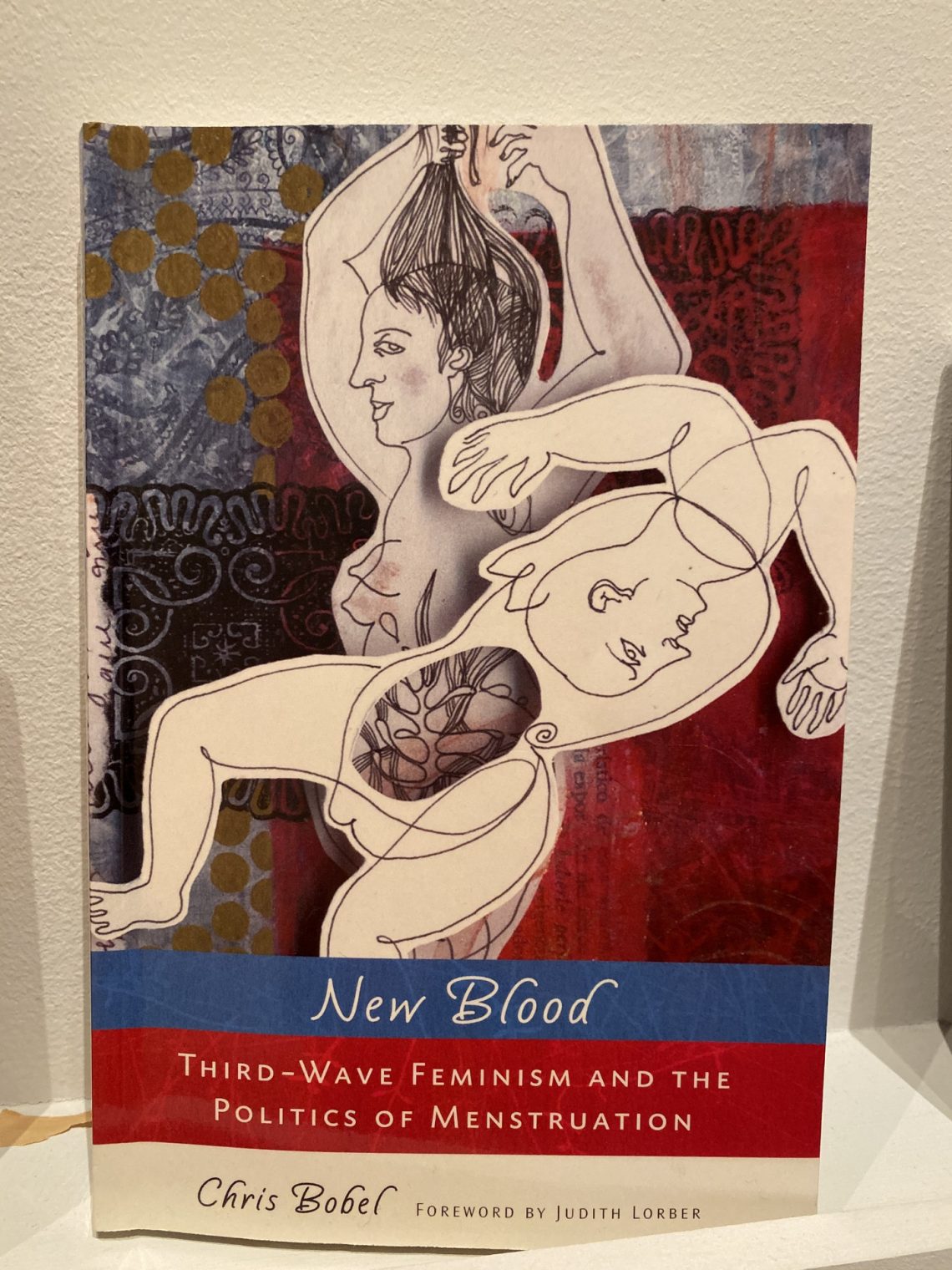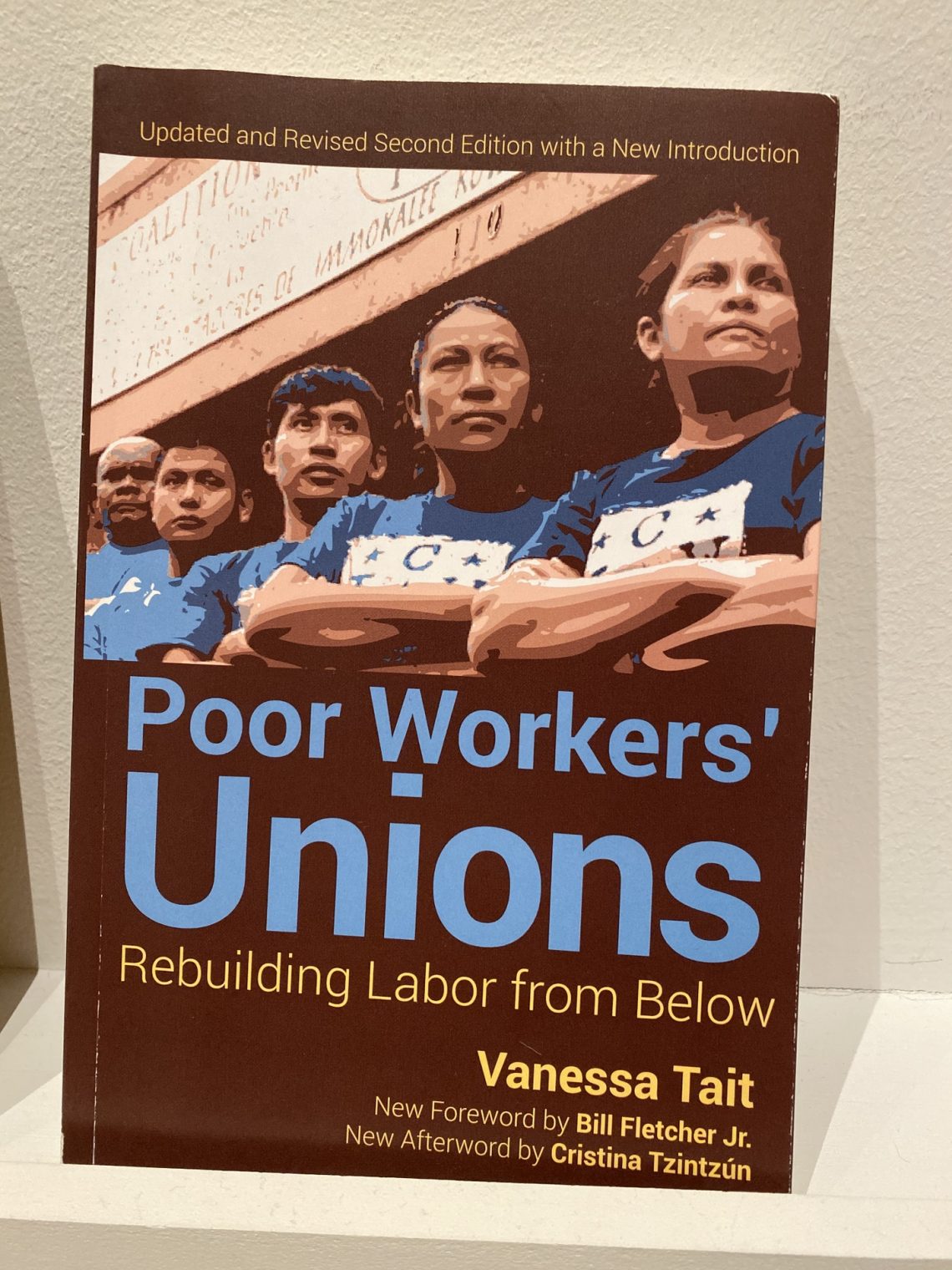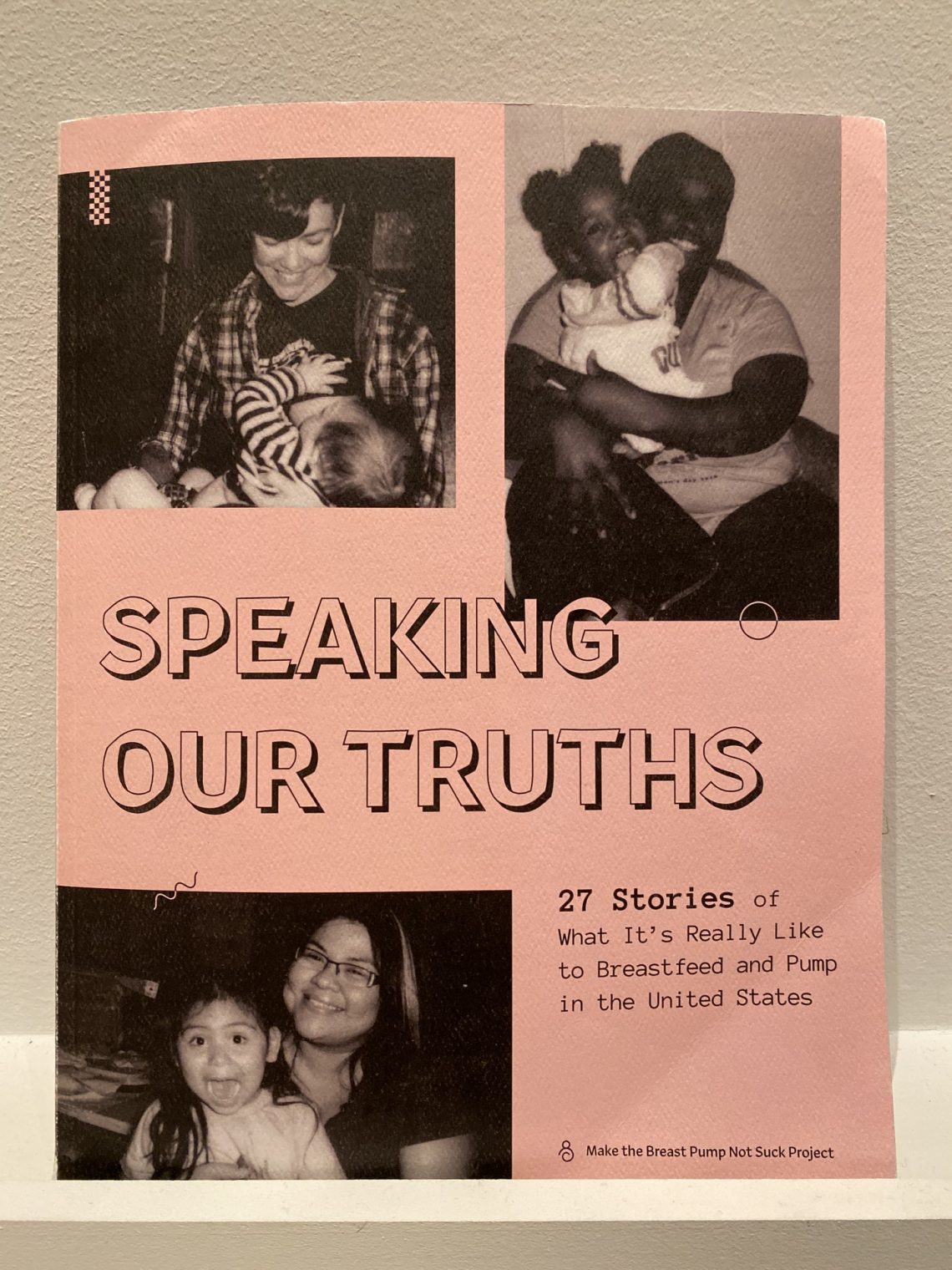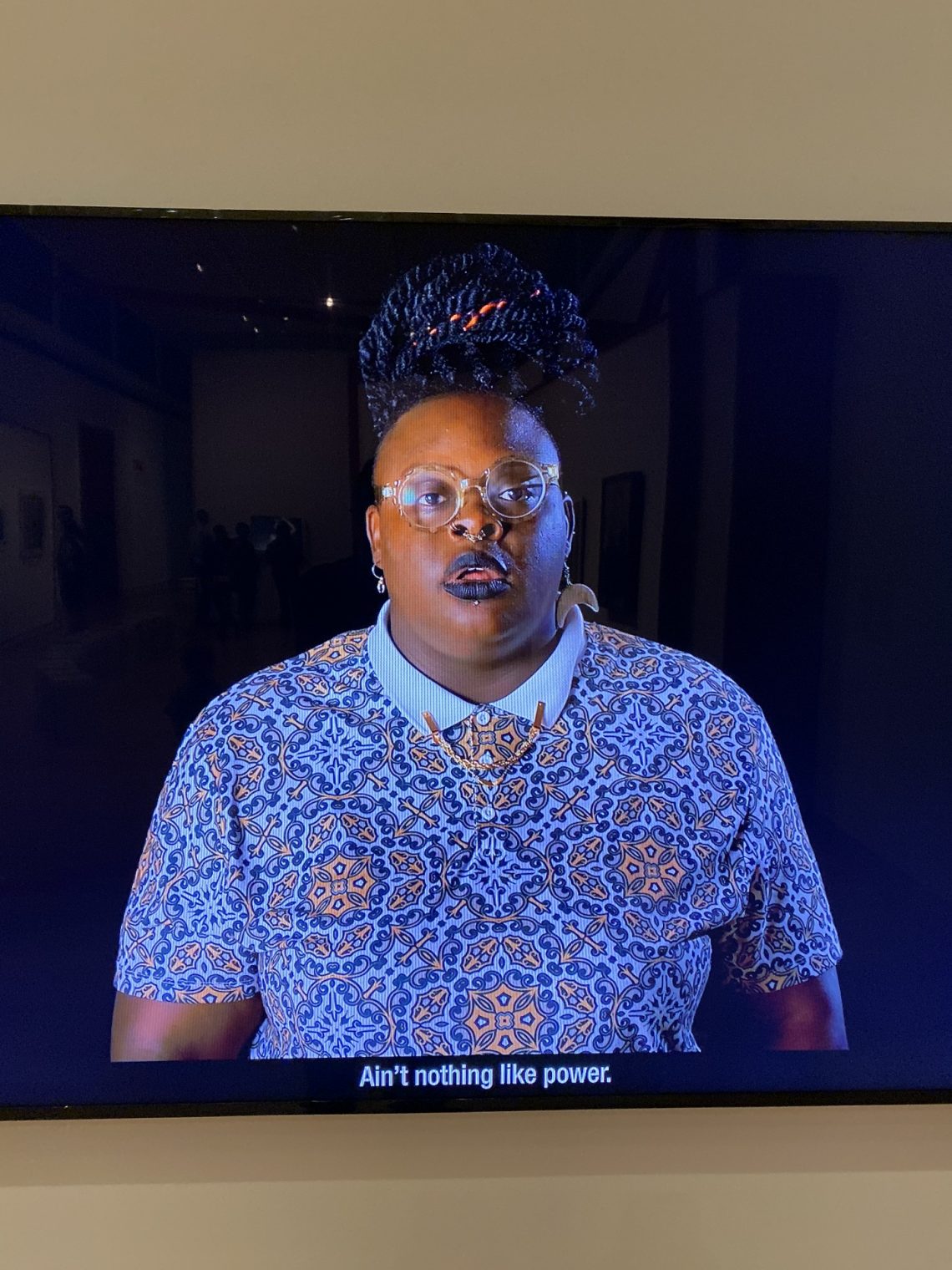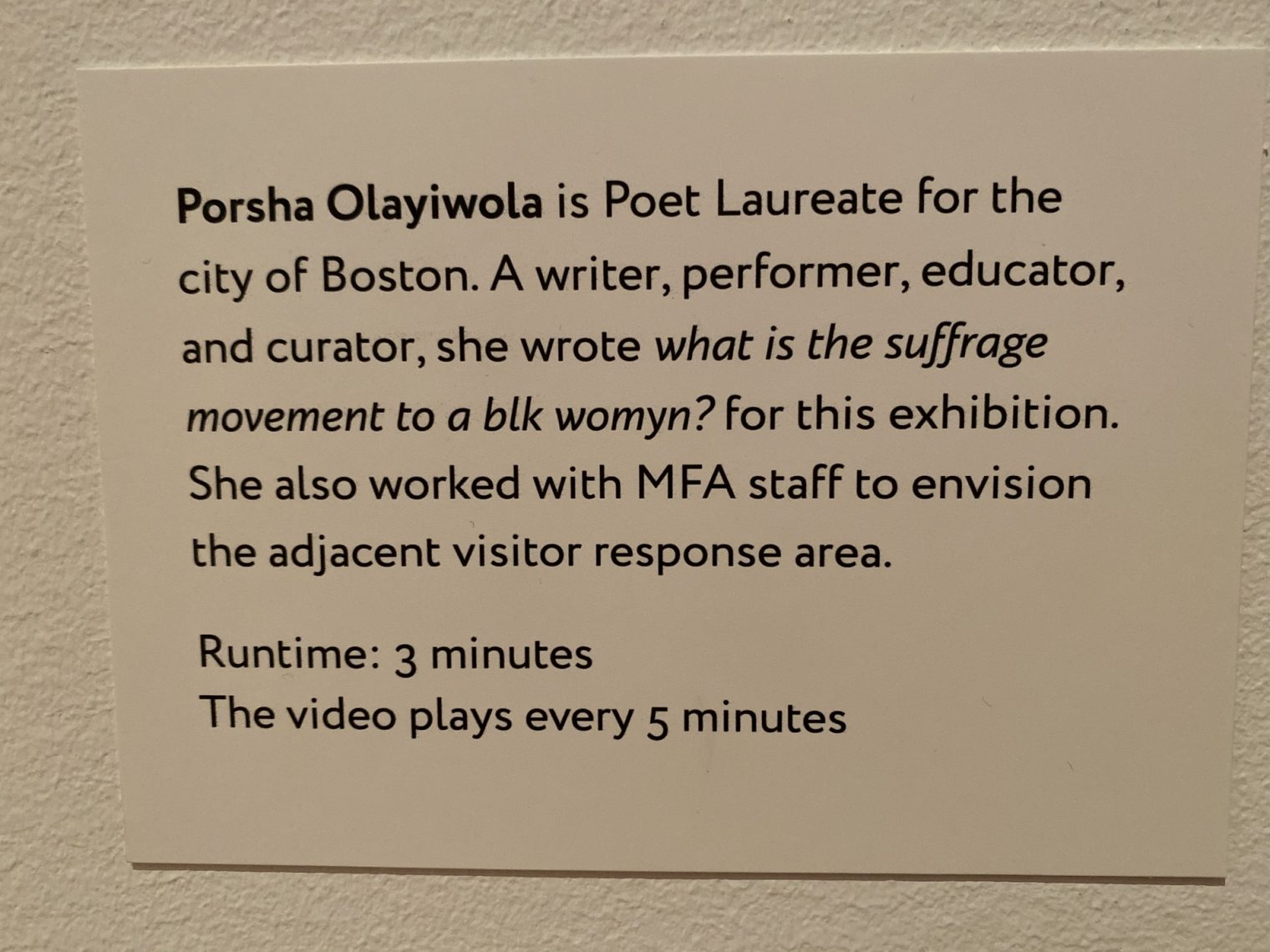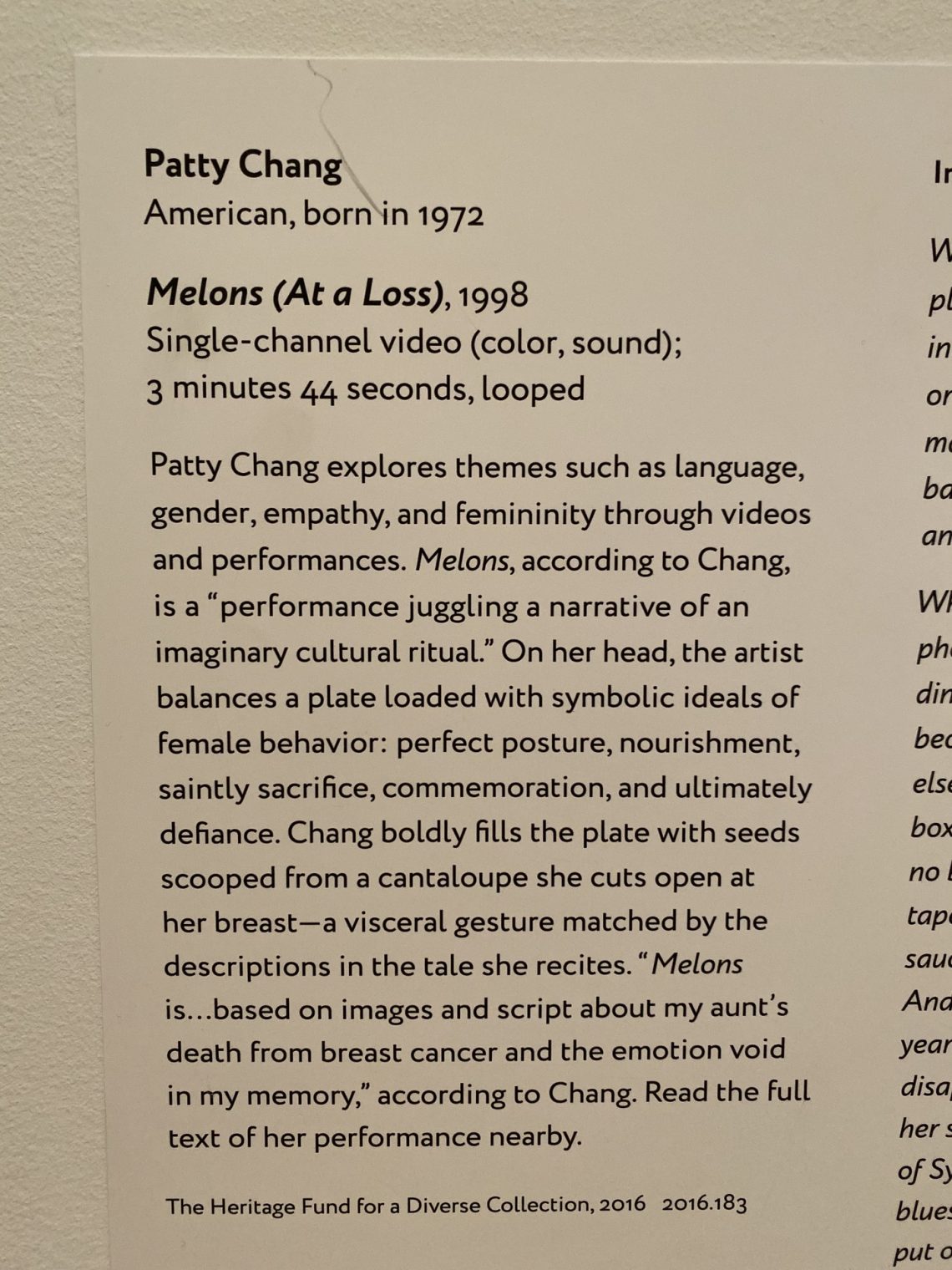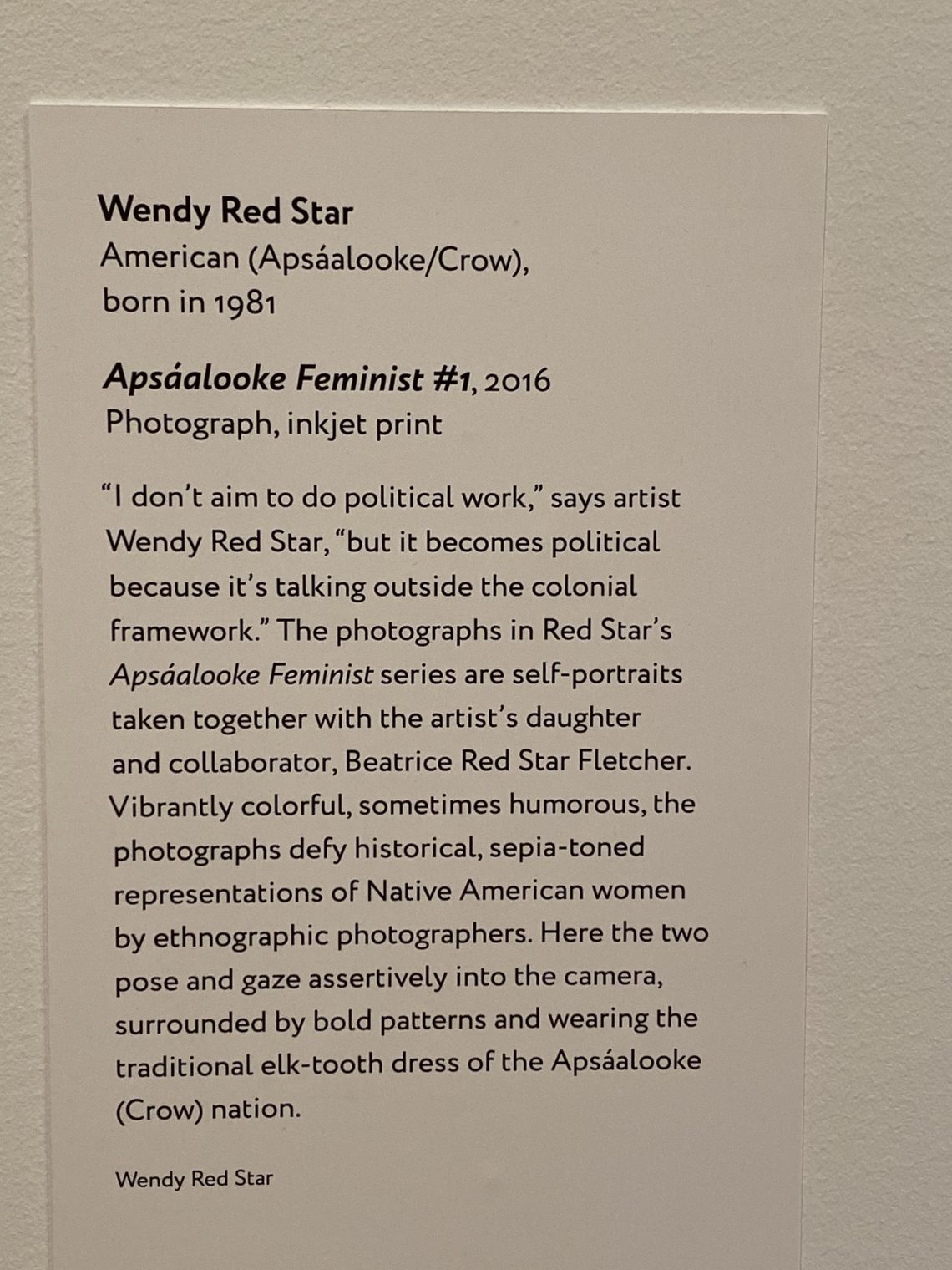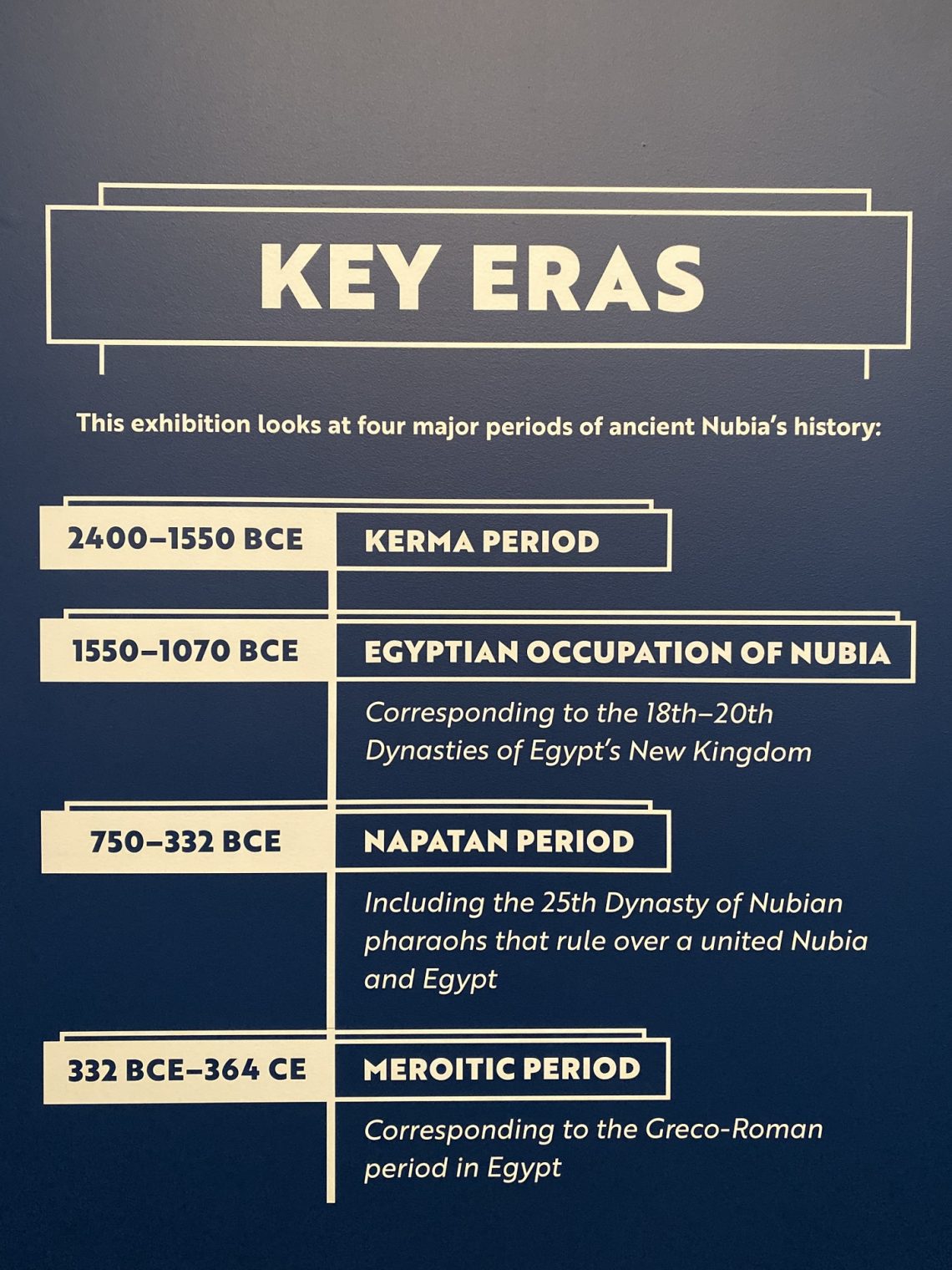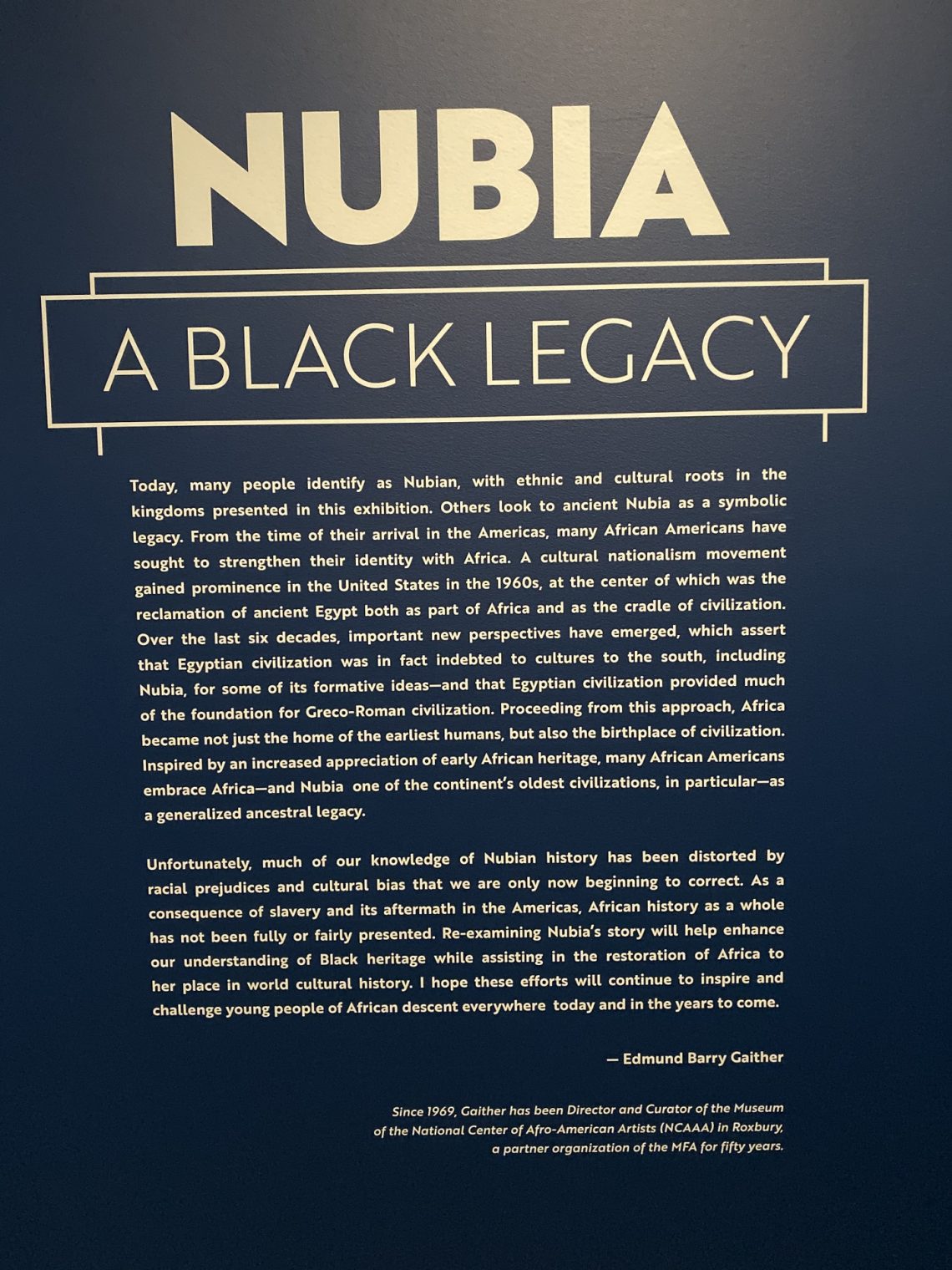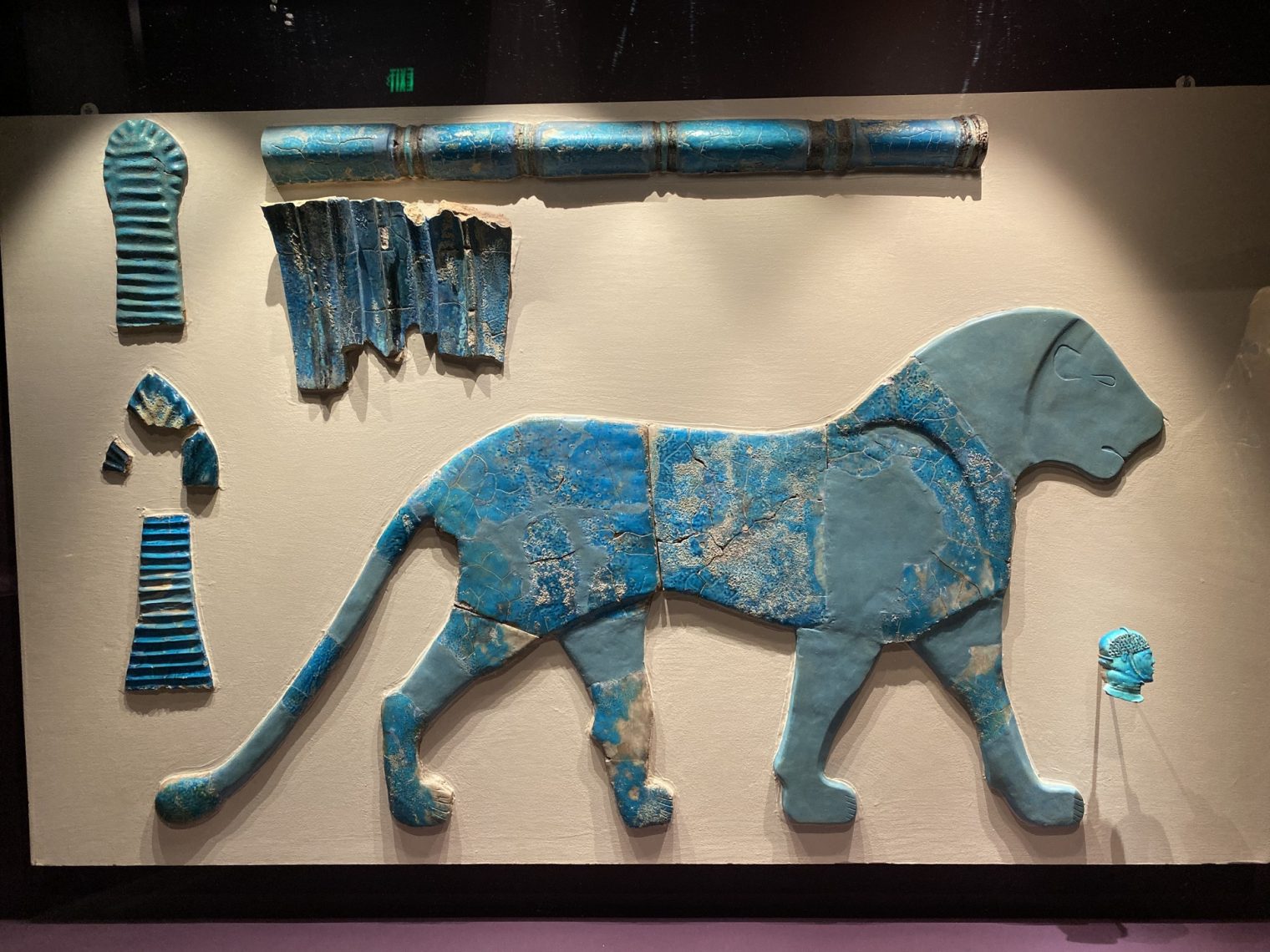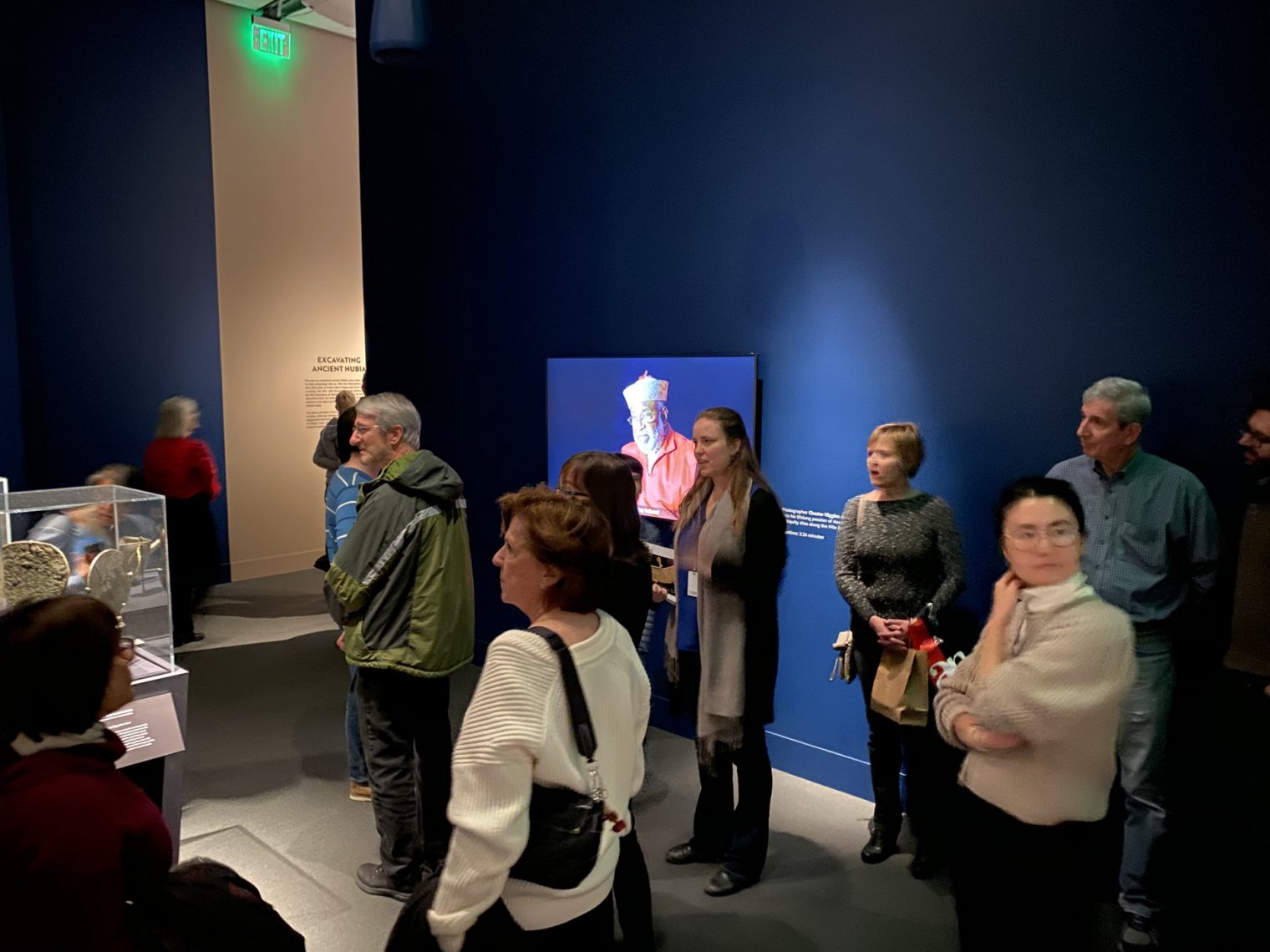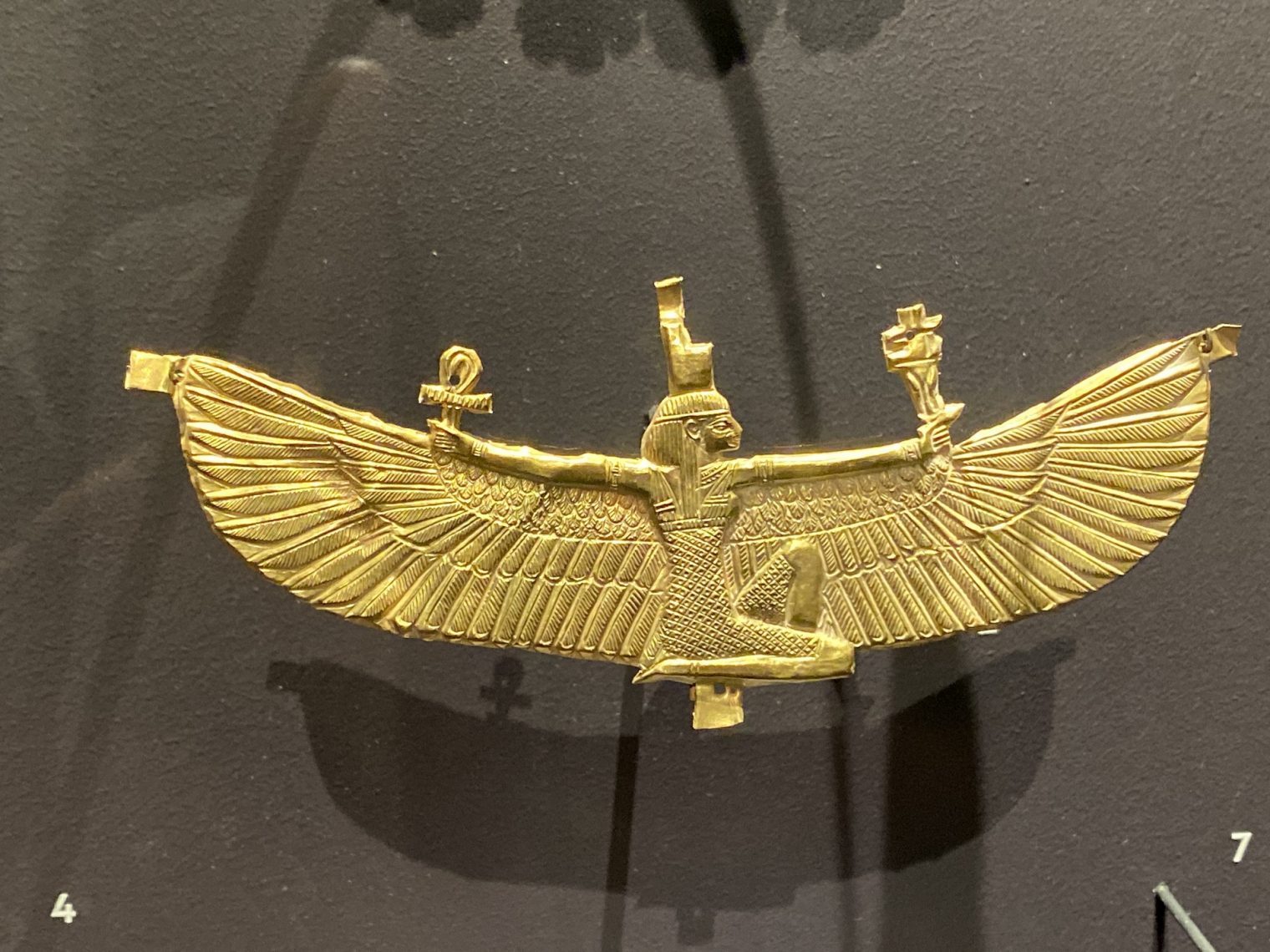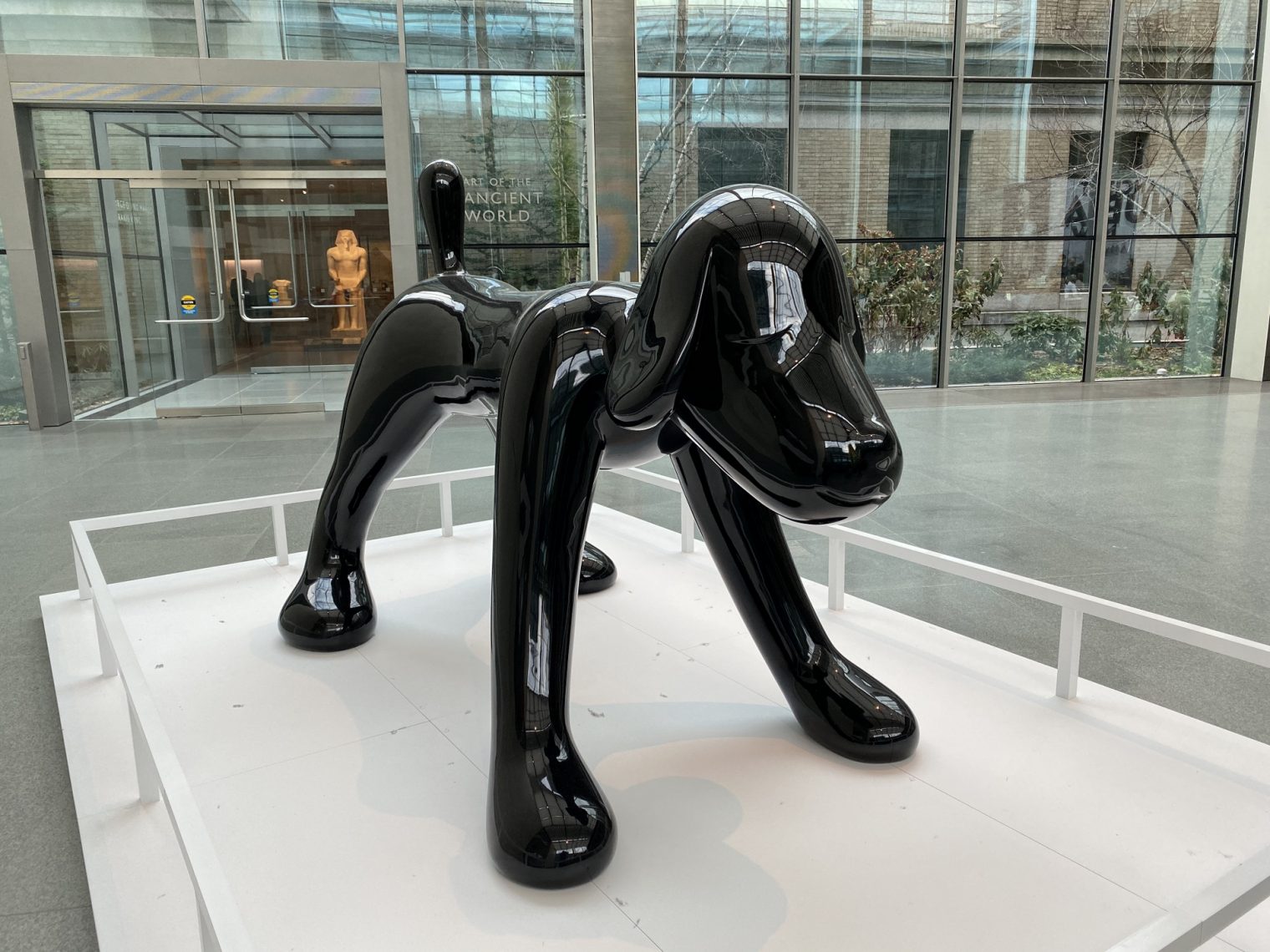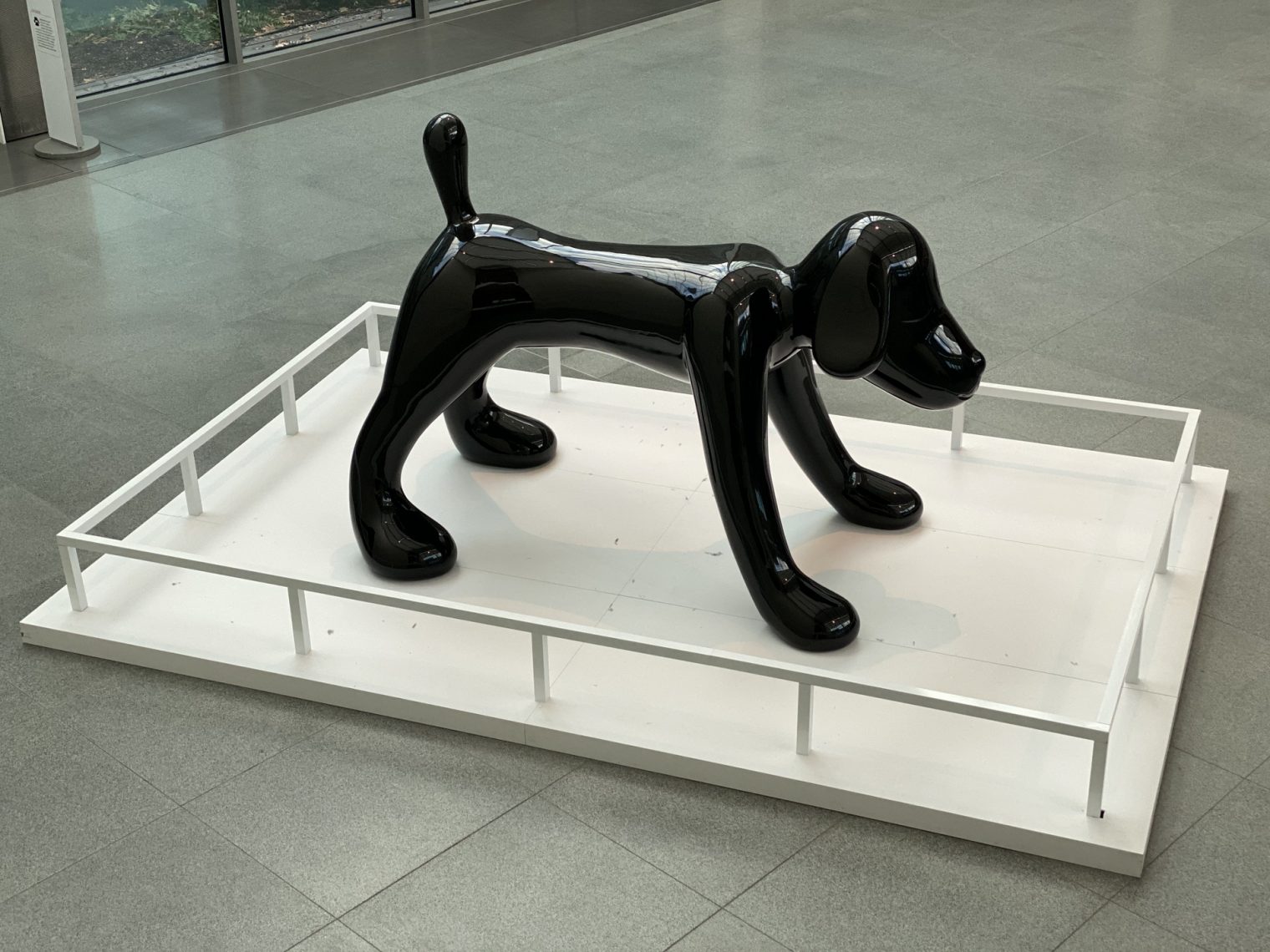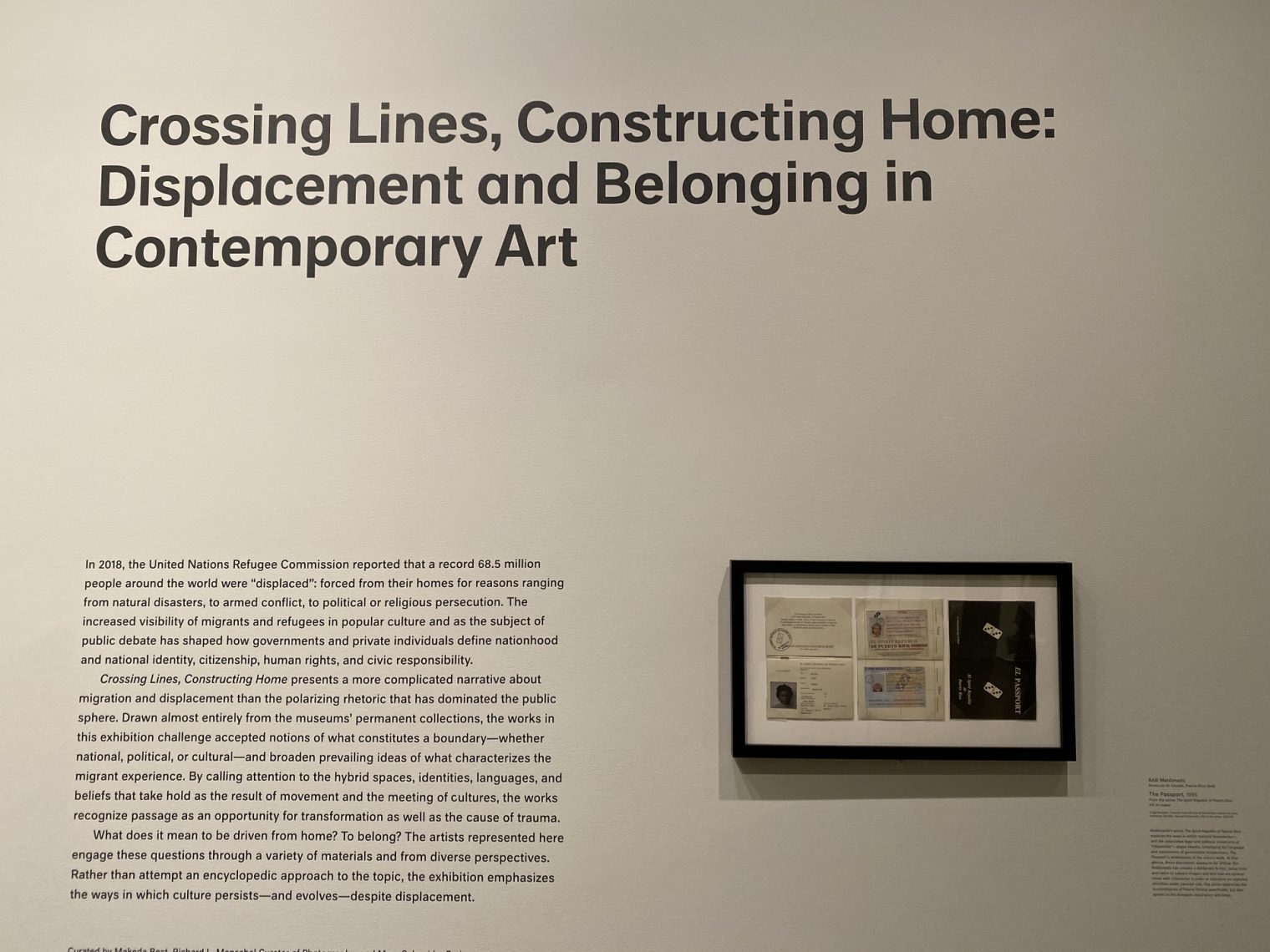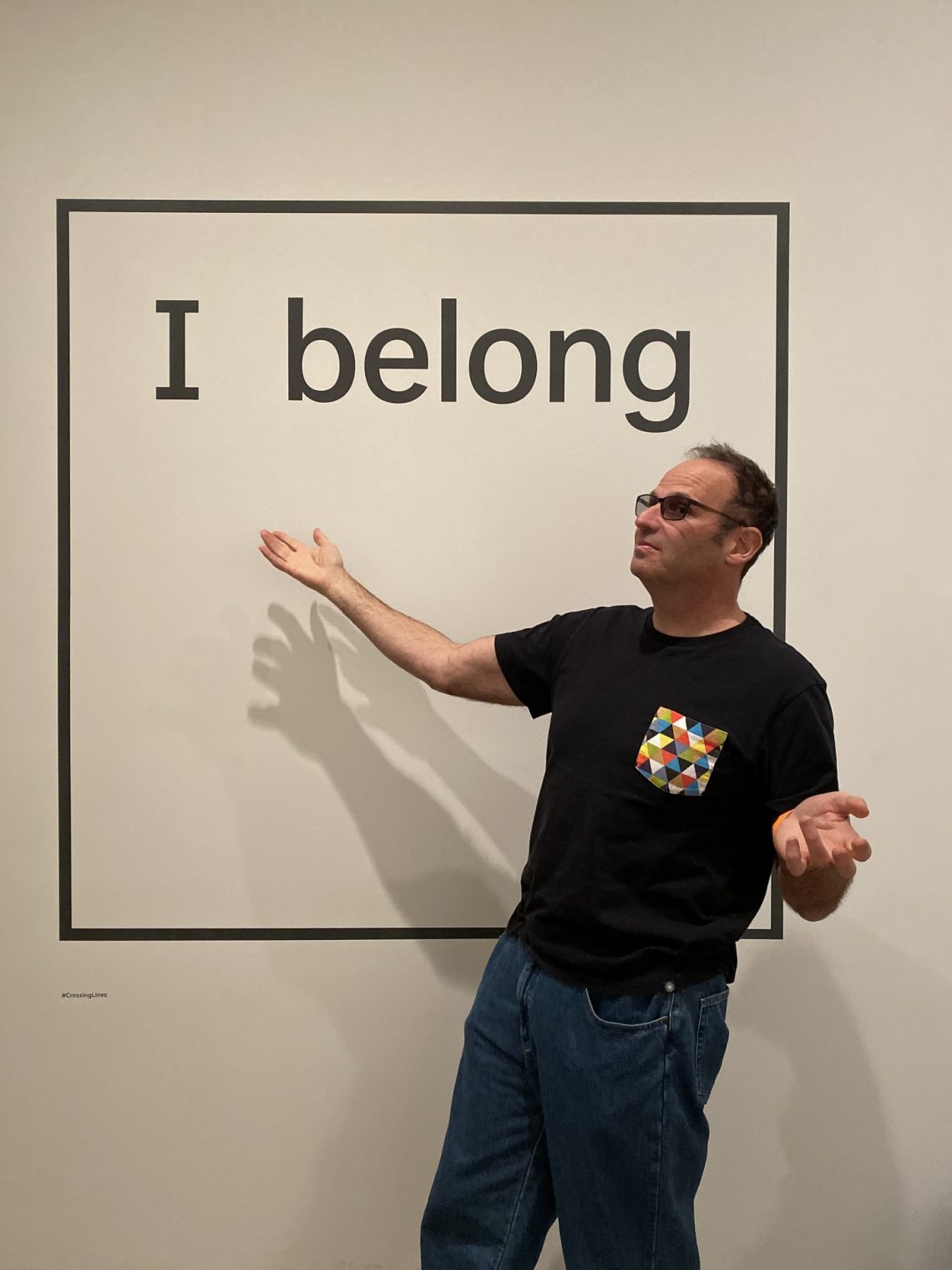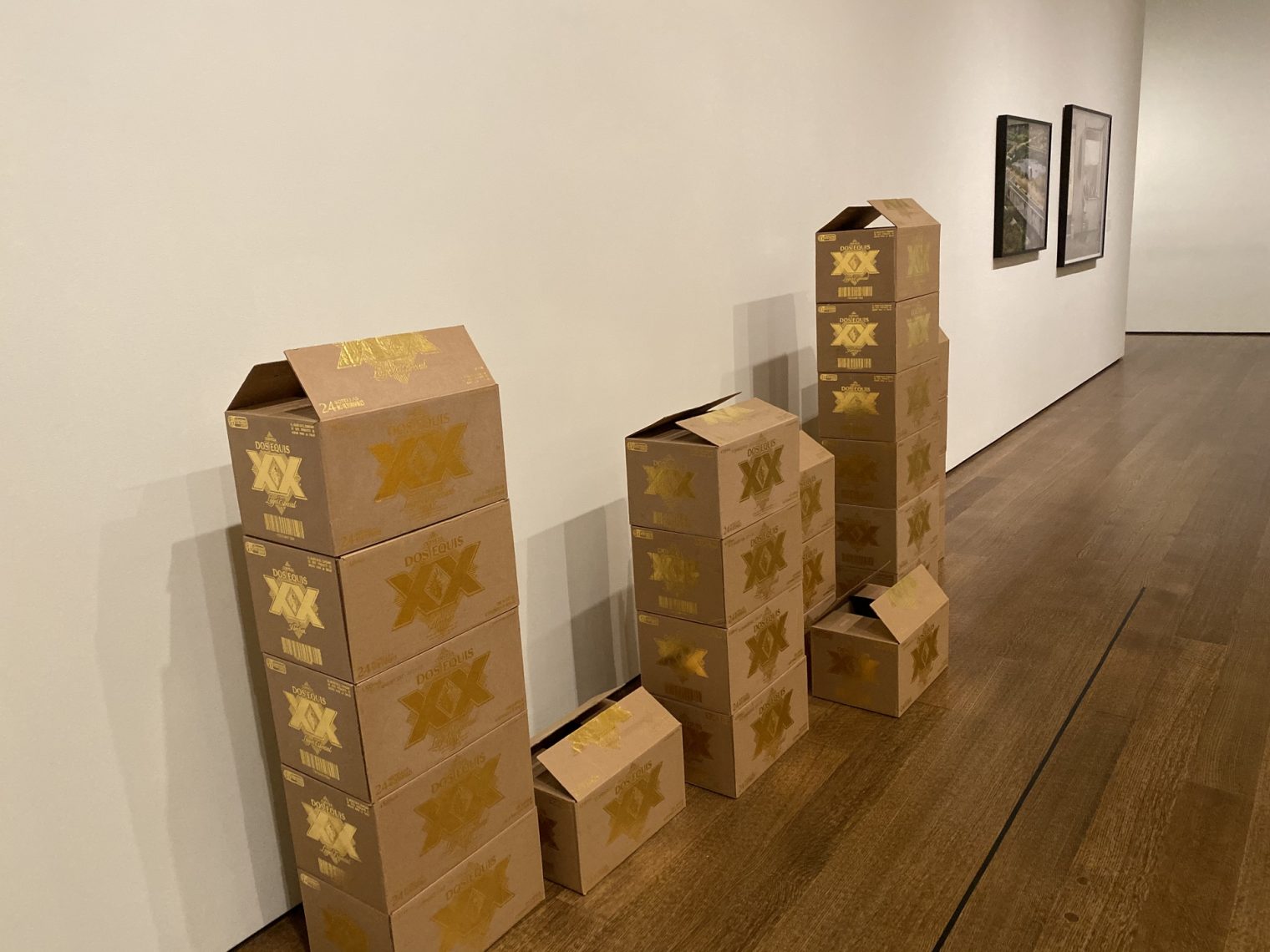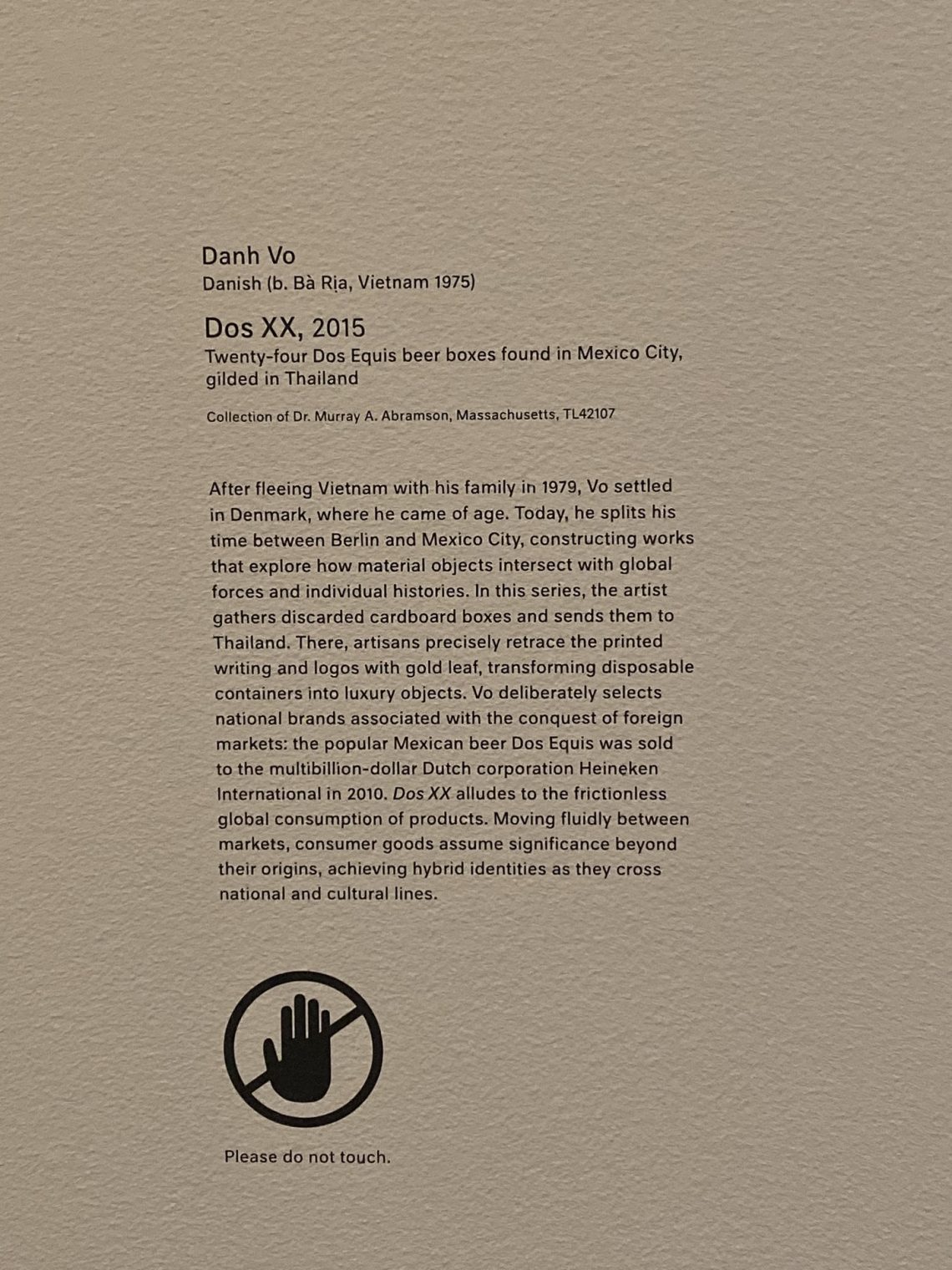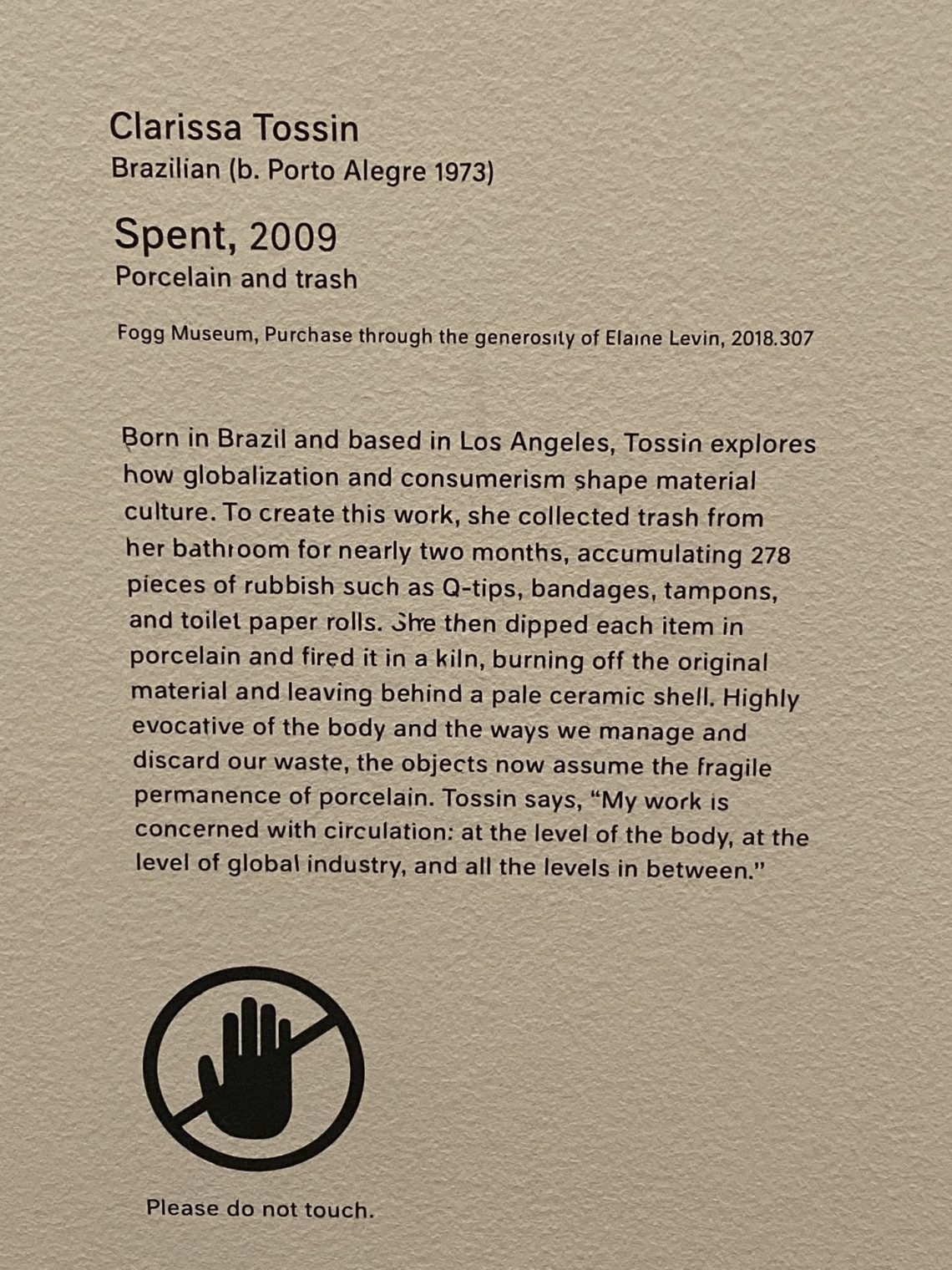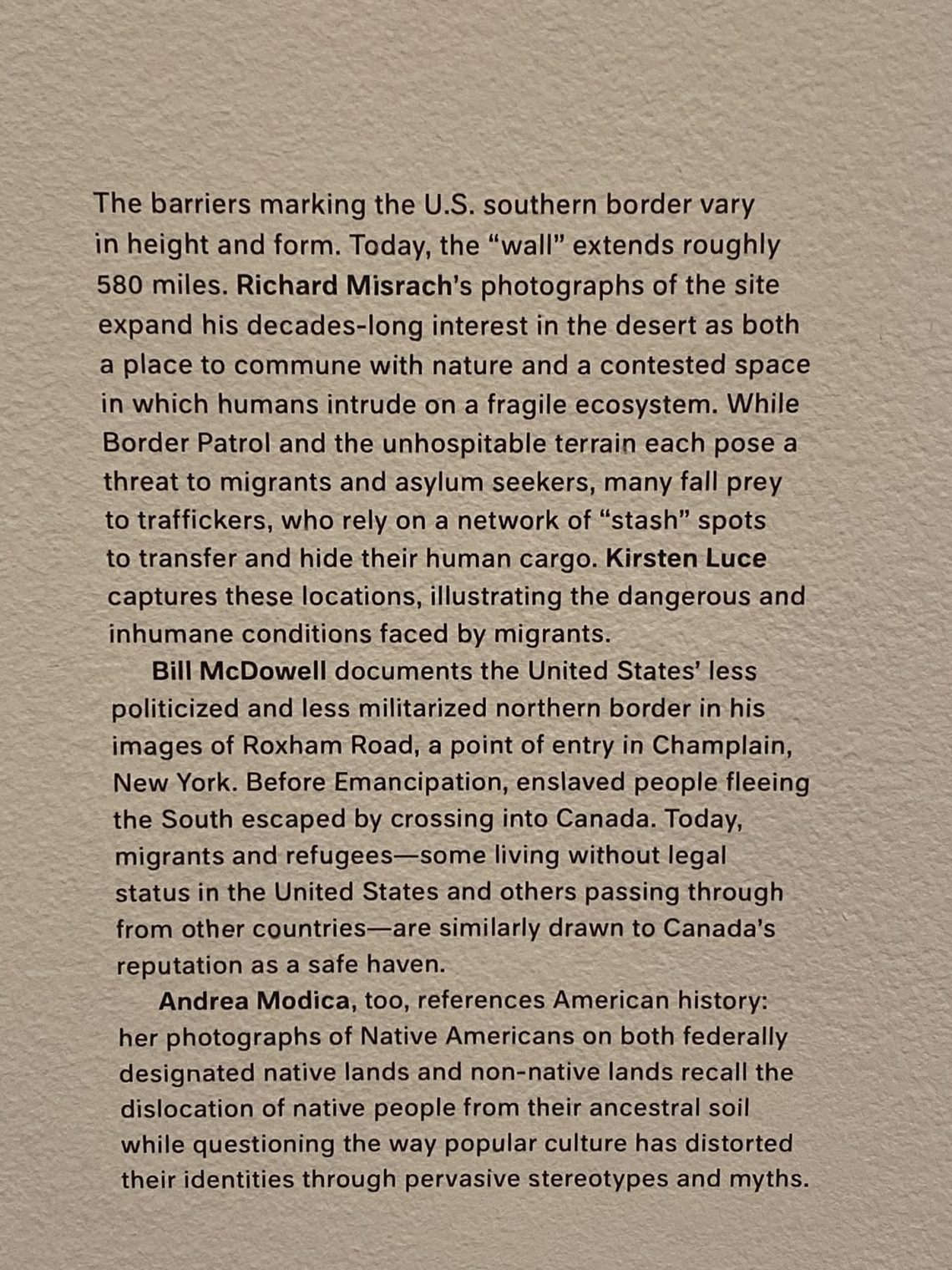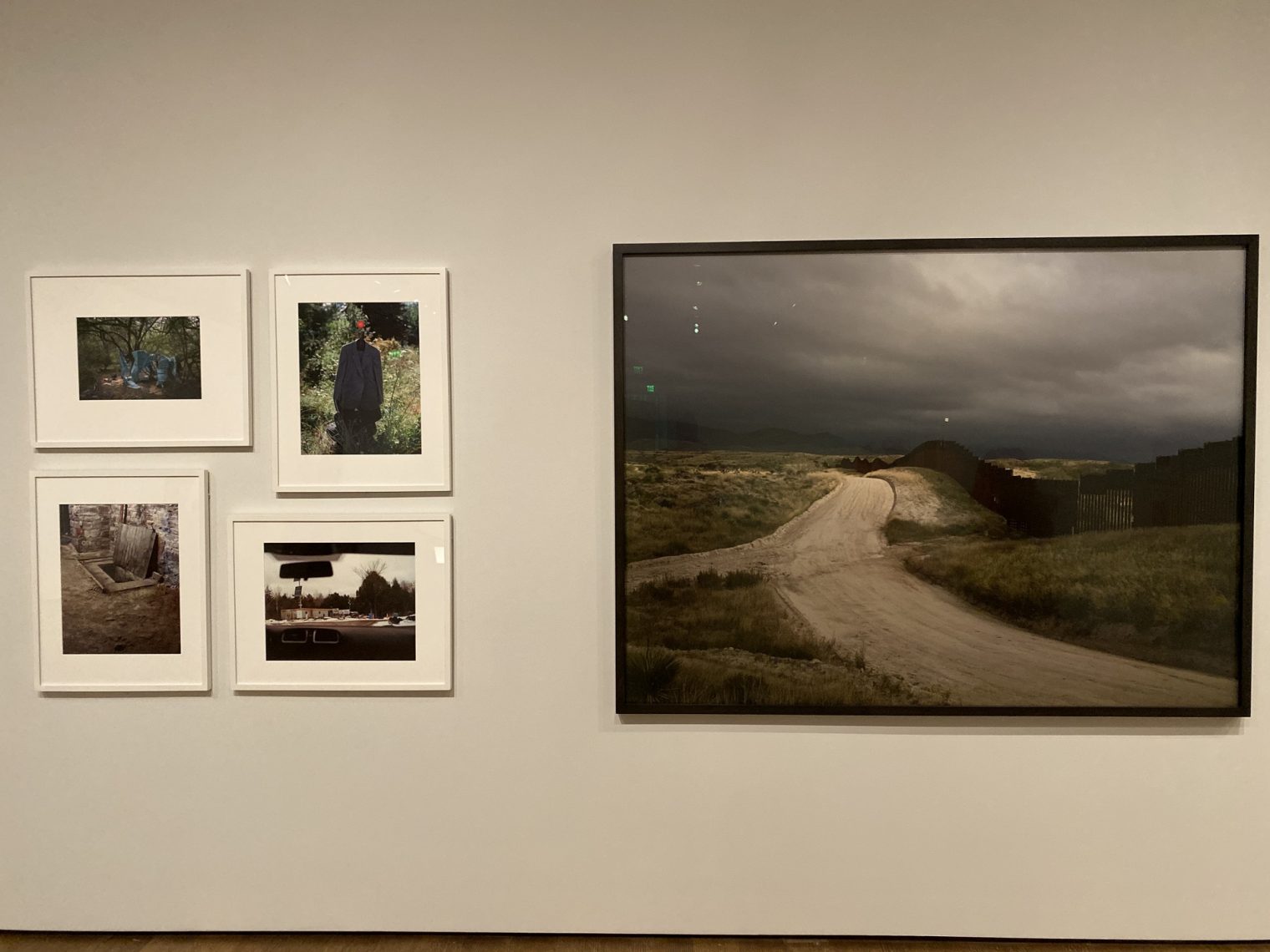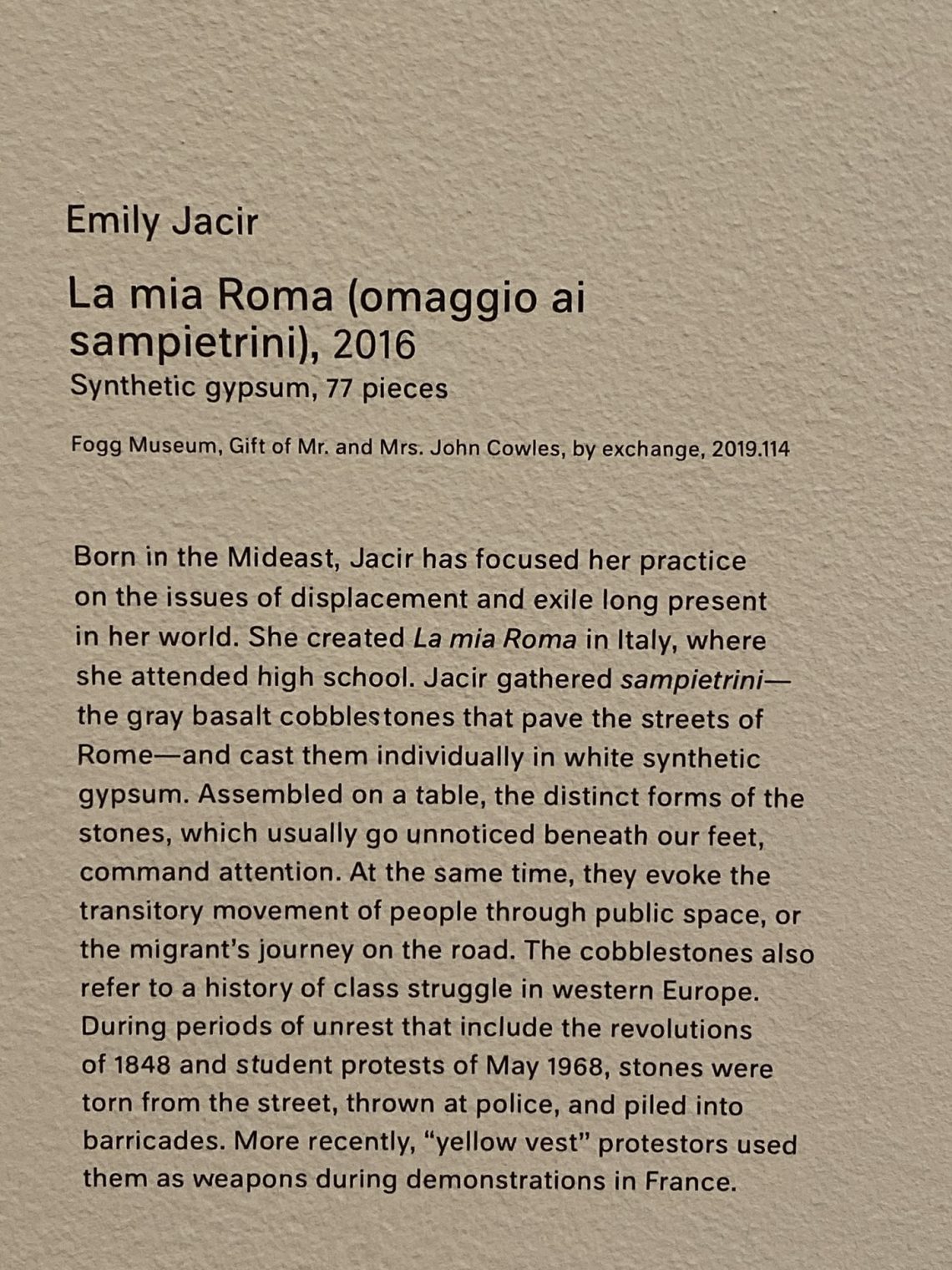Marriage Story is a movie on Netflix that centers on a divorce lawsuit.
Warning: *** spoilers ***
As in about 50 percent of American marriages (source), the wife loses interest in having sex with the husband. After sleeping on the couch for about a year the guy eventually has sex with a single co-worker subordinate (the sequel will be #MeToo Story?). The wife finds out by getting into his email. Combining the outrage regarding the infidelity with her lack of interest in being in New York or with the father of her child, she decides to move to Los Angeles with their son and pursue a divorce.
The wife agrees to mediate, but a producer in LA tells her about the big wins she had in court with the litigator to whom she refers the wife. The wife secretly meets with the litigator and initially expresses reservations about the likely negative effects on her son of cutting off the child’s access to his father. The litigator urges her to think “I want something better for myself.” The wife quickly comes around to the idea of “adult plaintiff first” and surprises the husband, who still expects a cooperative mediated process, with a Petition (what in other states would be a Complaint; see this chapter on California family law). As often happens in real life, the surprise puts the husband on his back foot and he is never able to recover.
At this point in the movie we have a divorce plaintiff with one child played by a divorce plaintiff with one child (see “Scarlett Johansson Files for Divorce From Romain Dauriac”: “Scarlett Johansson’s husband was ‘shocked’ by the star’s divorce filing and sees the move as a ‘pre-emptive strike’ in a battle over custody of the couple’s toddler daughter, his lawyer said.”)
How will viewers be educated about important LGBTQIA+ issues if the movie is about a divorce lawsuit between two cisgender heterosexuals? Simple: Have everyone else be part of or touched by the LGBTQIA+ community. The plaintiff’s 64-year-old mother says that she has “a dead gay husband”. Apropos of nothing, a grip on the mom’s TV show says that he was “raised by two mothers.” An actor in the defendant’s theater company advises him to adapt to the departure of the wife by having sex with a lot of women… and men.
If the movie suggests that divorce litigation, as opposed to mediation, is caused by women hungry for big victories, it patiently explains, through the seasoned litigator (Laura Dern, who was herself a divorce, primary custody, child support, and alimony plaintiff in 2012), that actual divorce is caused by men “getting sick of” wives once they become moms. (Contrary to the statistics that, at least when it comes to who stops agreeing to sex and who initiates divorce, it is wives who get sick of husbands.)
One aspect of the movie that seems unrealistic is how fond the litigants are of each other, constantly hugging and pecking with kisses. The plaintiff wife has launched the family into a process that will consume 100 percent of everything that they’ve earned together and the defendant husband is as fond of her as ever. On the other hand, the legal fees portrayed are realistic: $950/hr for a divorce litigator partner and $400/hr for an associate; $450/hr for a old solo practitioner (who informs the defendant that he’ll end up being stuck with the bill for the wife’s superstar litigator and explains that “You’re [defending the custody lawsuit] because you love your kid. And in doing so, you’re draining money from your kid’s education.”).
Another realistic touch is that the father, once his lawyer tells him that he is almost guaranteed to lose, seeks a different lawyer. This is consistent with the near-universal loss aversion cognitive deficit described in Thinking, Fast and Slow (Kahneman), in a chapter on why lawsuits aren’t more frequently settled when the parties are pretty sure how it is likely to turn out.
The wife pursues a conventional-for-plaintiffs real-life strategy of conflicting out all of the high quality litigators she can find in the Los Angeles region by consulting with them briefly, thus denying her defendant the opportunity to use any of them. She meets with at least 11 law firms with her young son in tow, plus an unspecified additional number without him. The husband is playing checkers while the wife is playing chess. He expresses his faith in her character and says that he knows he wouldn’t have done something like this on purpose. The receptionist who has to turn down his business at a law firm due to a failed conflict check and tells him about this strategy says “You’d be surprised.”
The Mother’s California litigator tells her client that mothers are held to a higher standard than fathers and that the mother needs to be worried about losing custody if she admits to drinking a few glasses of wine. If true, the average California father must be a pretty sorry example since it seems that nearly all of them end up losing custody lawsuits (94 percent of the people in California collecting child support are women).
As seen in the movie Divorce Corp., a custody evaluator shows up to observe the dad and soon-to-be-ex-son in his crummy mostly bare rental apartment. As with the litigators, she delivers a convincing performance as the kind of person who makes money off children and spouses who want to have sex with new friends. The mother gets top-quality coaching from her attorneys on how to interact with the evaluator while the father is winging it.
Double spoiler alert: By the end of the movie, the father has suffered a complete defeat on every issue that was important to him. The boy will have access to the father 45 percent of the time, but only when the father is in Los Angeles (so if he were able to show up to LA for, e.g., 20 percent of the year, the son would see the father about 9 percent of the year). Since the mother, having moved into TV, is on track to make more money than the father, the parties supposedly settle without her being paid. (But if she is taking care of the child most of the time, it is tough to believe that a judge would approve the settlement without her getting a child support revenue steram.) The father had loved living in Brooklyn and walking around New York City. He ends up impoverished and spending a lot of time driving around Los Angeles in a crummy compact car. He is so compromised as a human being compared to what he used to be that he is essentially a different person than the father that the boy once had.
The mother ends up with a great career, a boyfriend who is younger and more cheerful than the discarded MacArthur Genius director, and a fabulous West Hollywood house.
The movie is not set in Massachusetts, but it suggests that “yes” is the answer to “Men in Massachusetts should simply not show up to defend restraining orders, divorces, and other family law matters?” (California is also a winner-take-all state in which courts like to find a “primary parent” to anoint as the winner.) In the middle of the movie the mother’s attorney threatens the father with a default judgment if he doesn’t pause the theater work that he loves in New York, fly out to Los Angeles, hire a lawyer, and respond to the mother’s petition (complaint).
But custody decisions aren’t final. The father had to go out to LA to see the child anyway. He could have moved out there after losing the divorce lawsuit by default and just asked the court to set a new parenting time plan based on the new circumstances of him being available in LA. On the financial side, the mother couldn’t have hoped to take away from the father any more via a default judgment than she and the lawyers on both sides took away via litigation. He could have stayed in New York, concentrated on his work and friends, and seen his son when convenient. By focusing on defending the lawsuit, he transformed his life into concentrating on negative relationships with (a) his plaintiff, (b) the lawyers on both sides who were bleeding out all of both sides’ assets, (c) the custody evaluator, (d) economy airline seats, etc.
The research psychologists say that children are better off in states such as Arizona, Nevada, et al. with 50/50 shared parenting rules, but the movie also shows that fathers and children are better off in countries, e.g., Switzerland, that have simple “mom wins” rules. Instead of spending the children’s college fund and years of time trying to prevent the mom from winning “primary parent” status (and almost inevitably failing in this endeavor), the father who gets sued in these countries can pay a few $thousand in fees and see if the mother wants any assistance with child-rearing beyond the conventional one weekend/month and 3-4 weeks of summer holiday.
Related:
Full post, including comments 